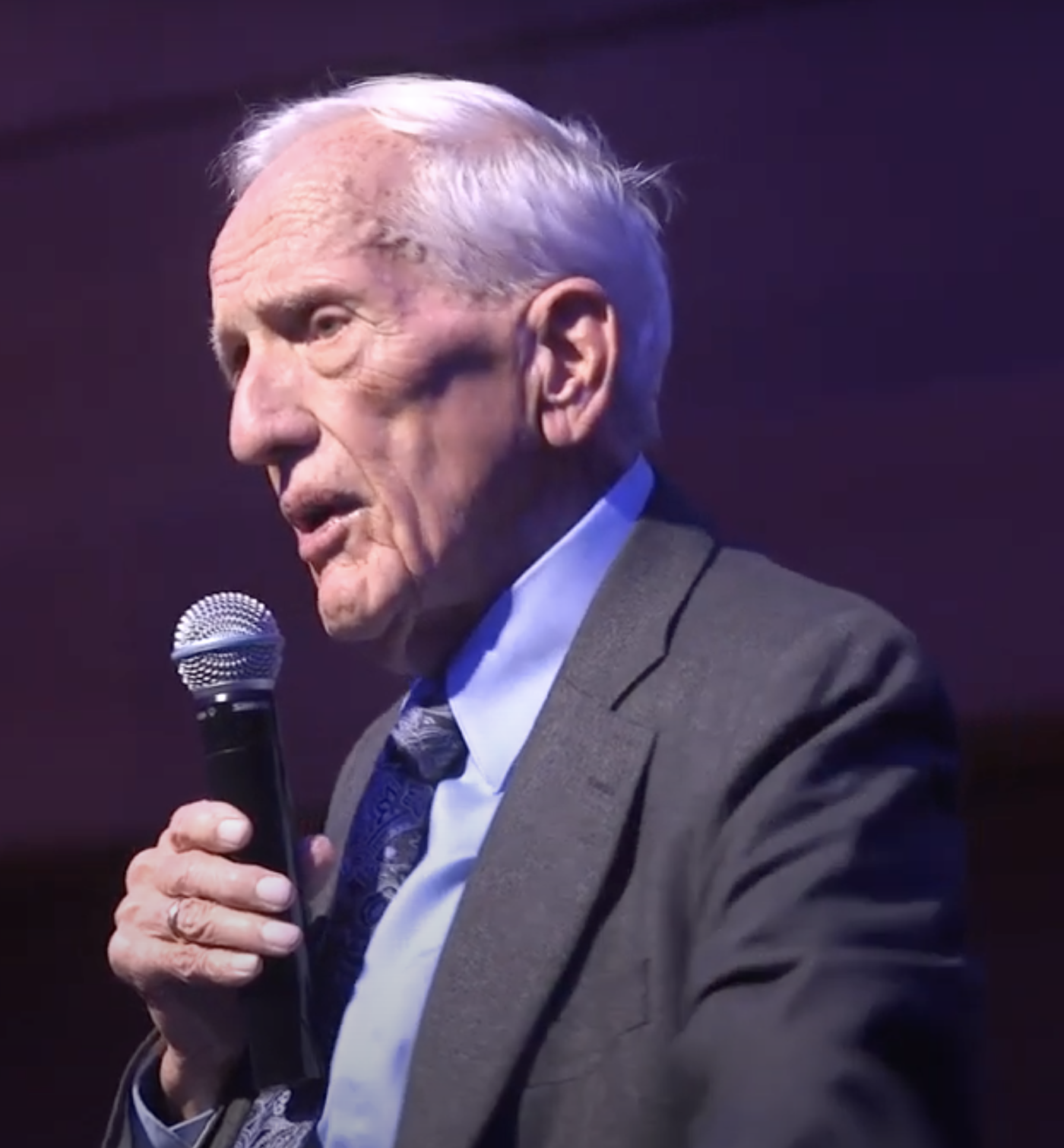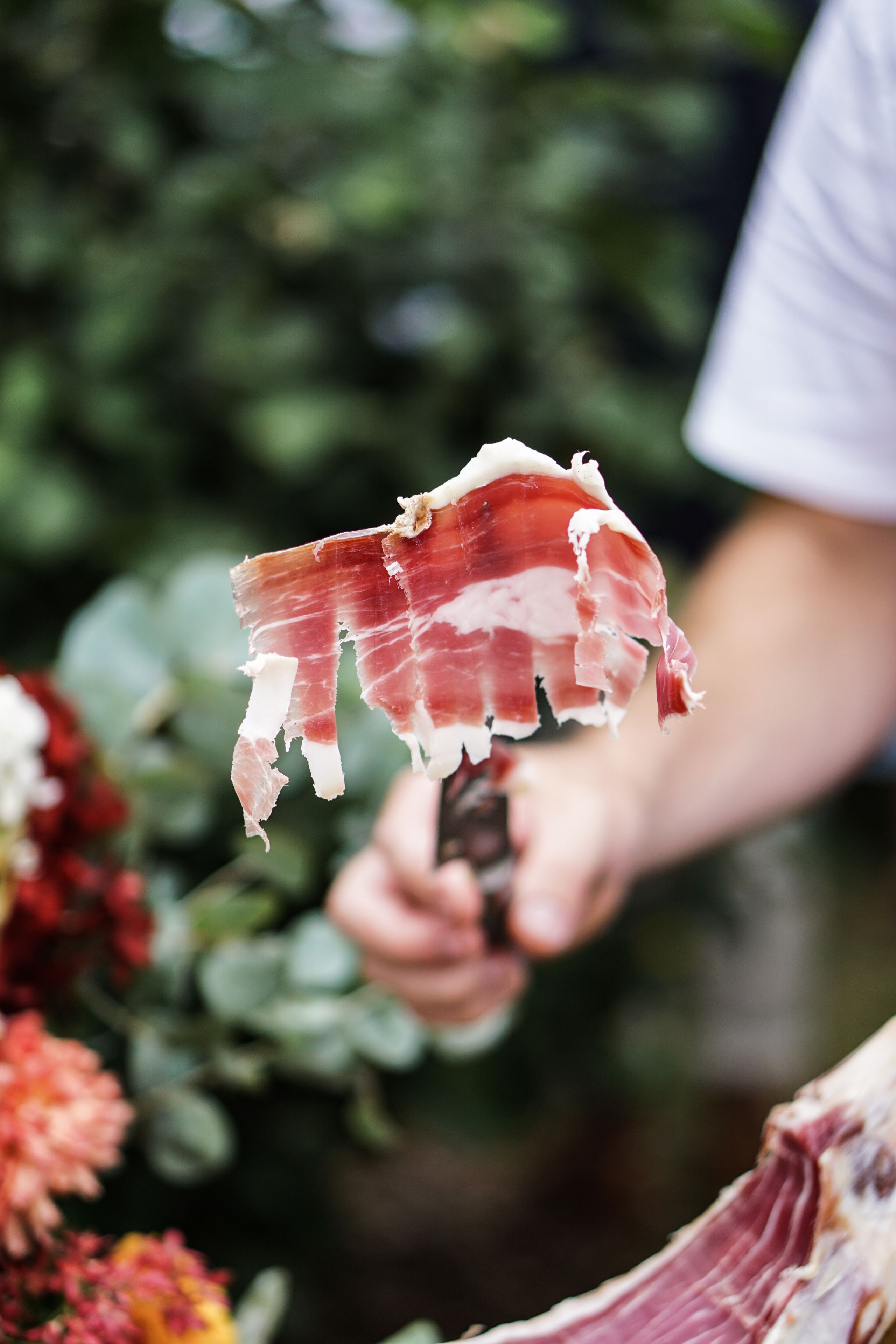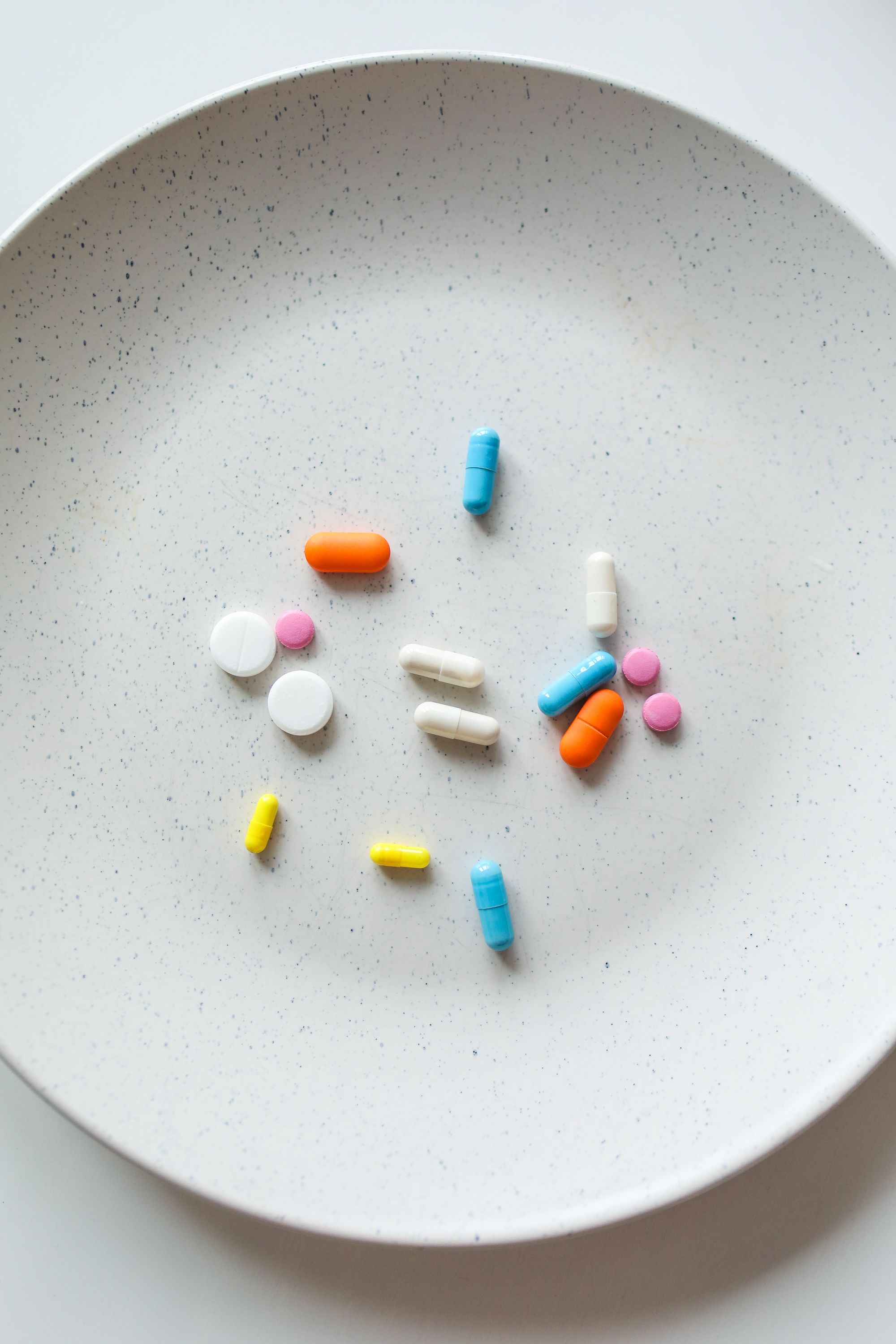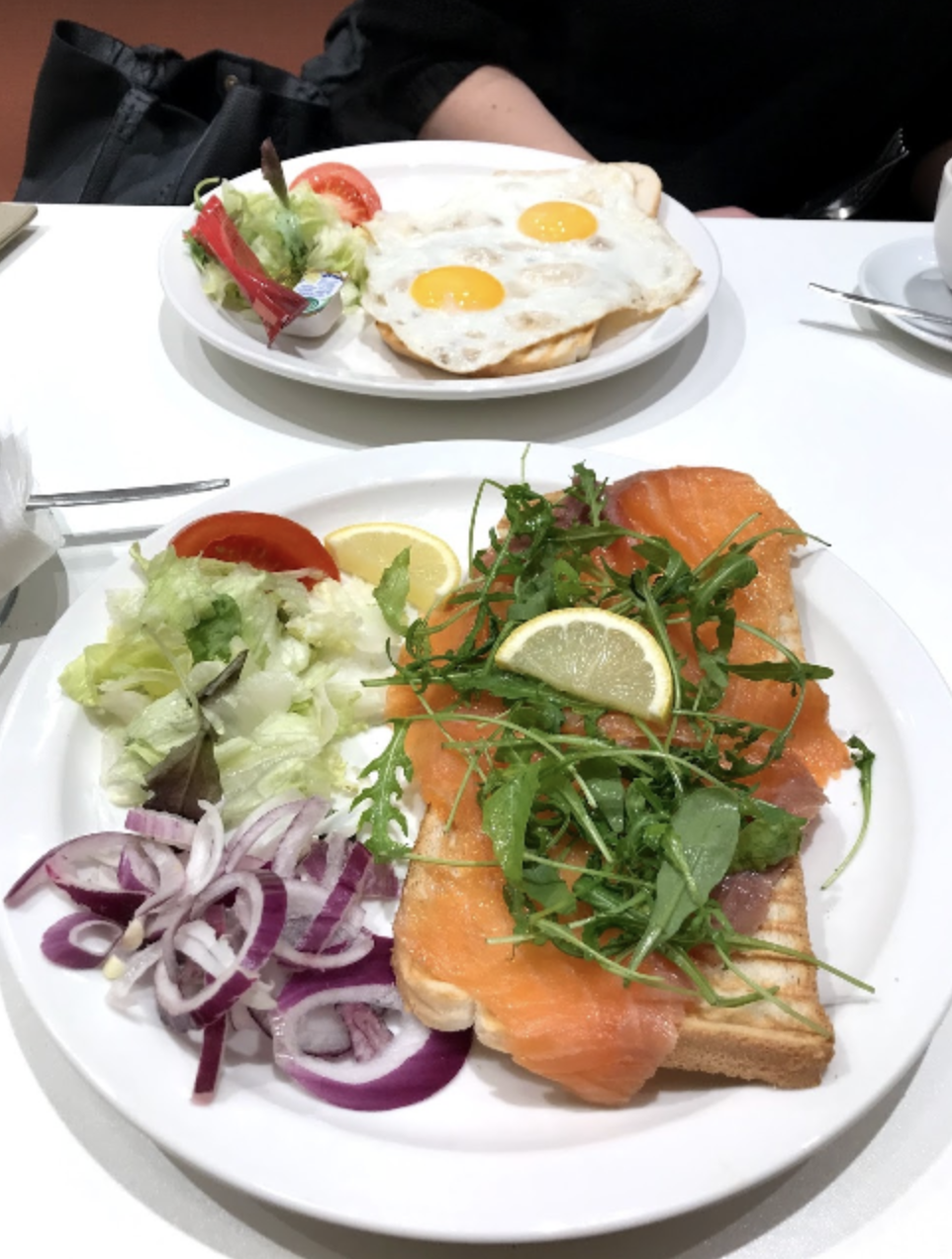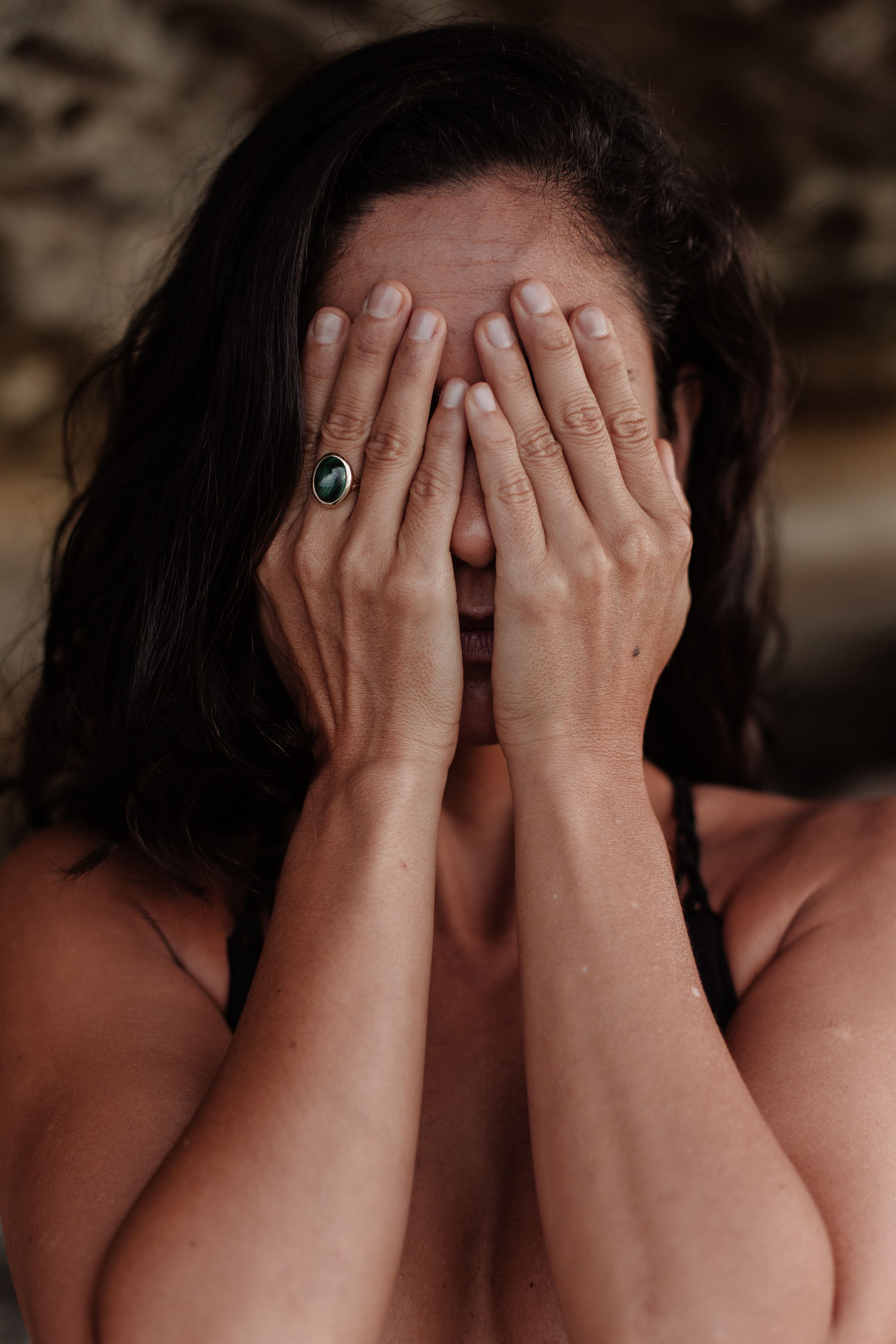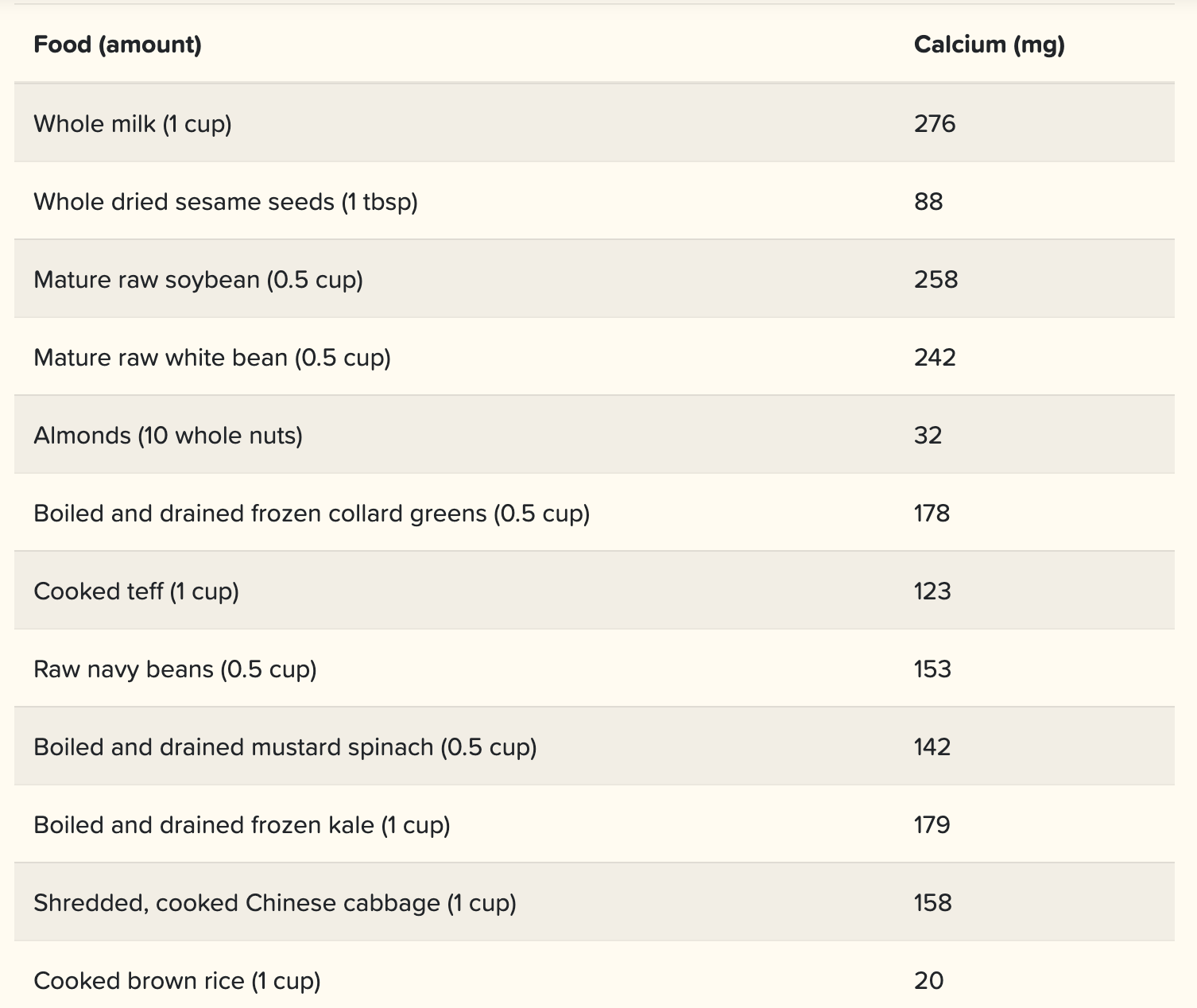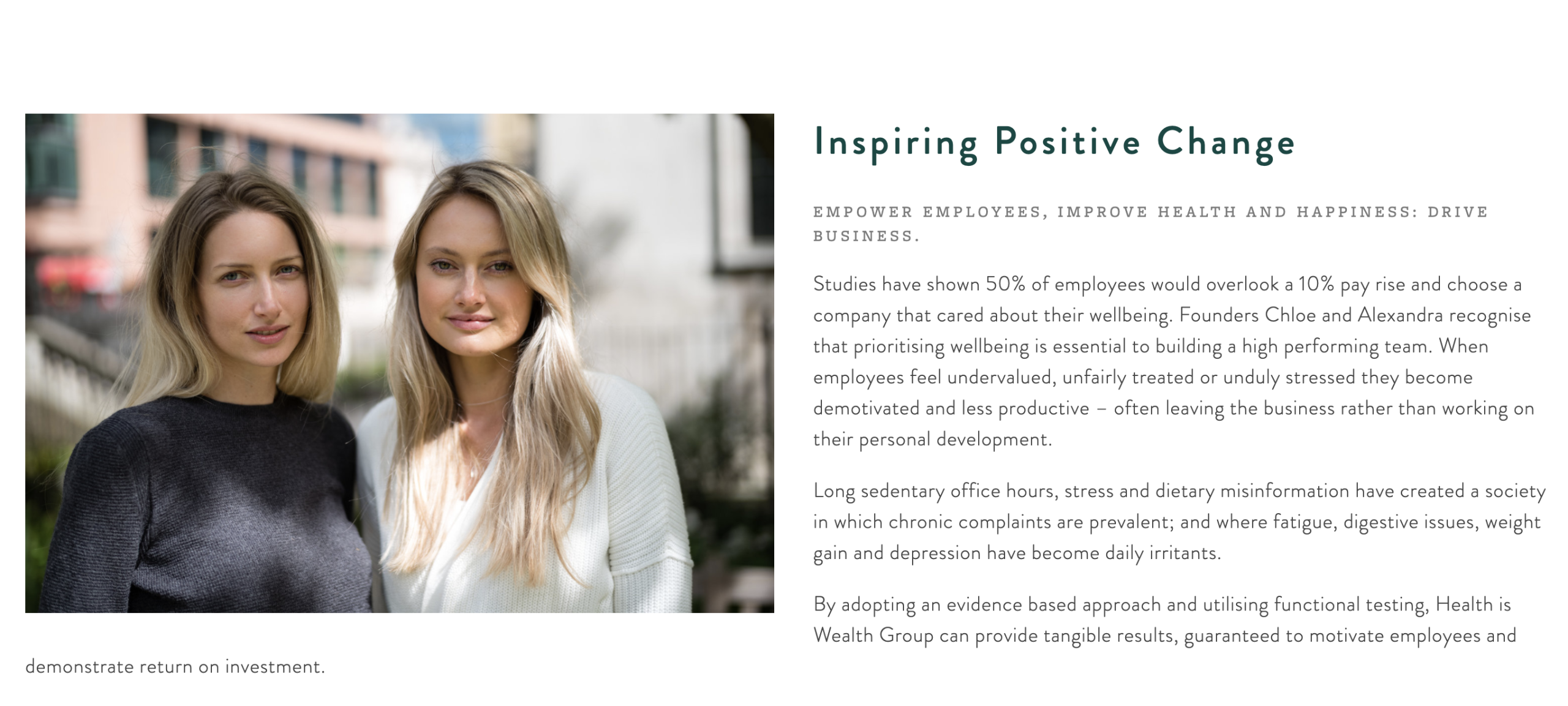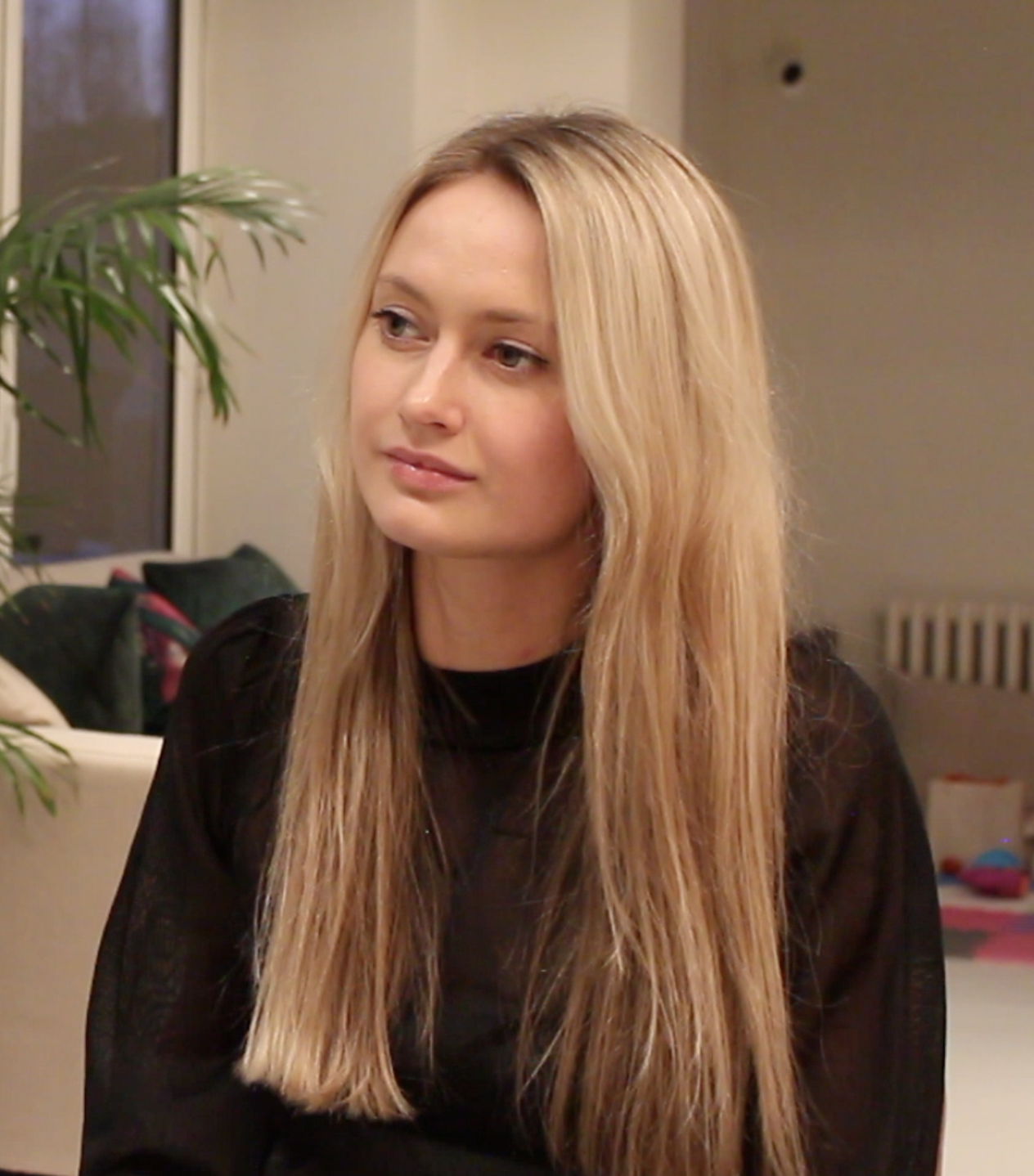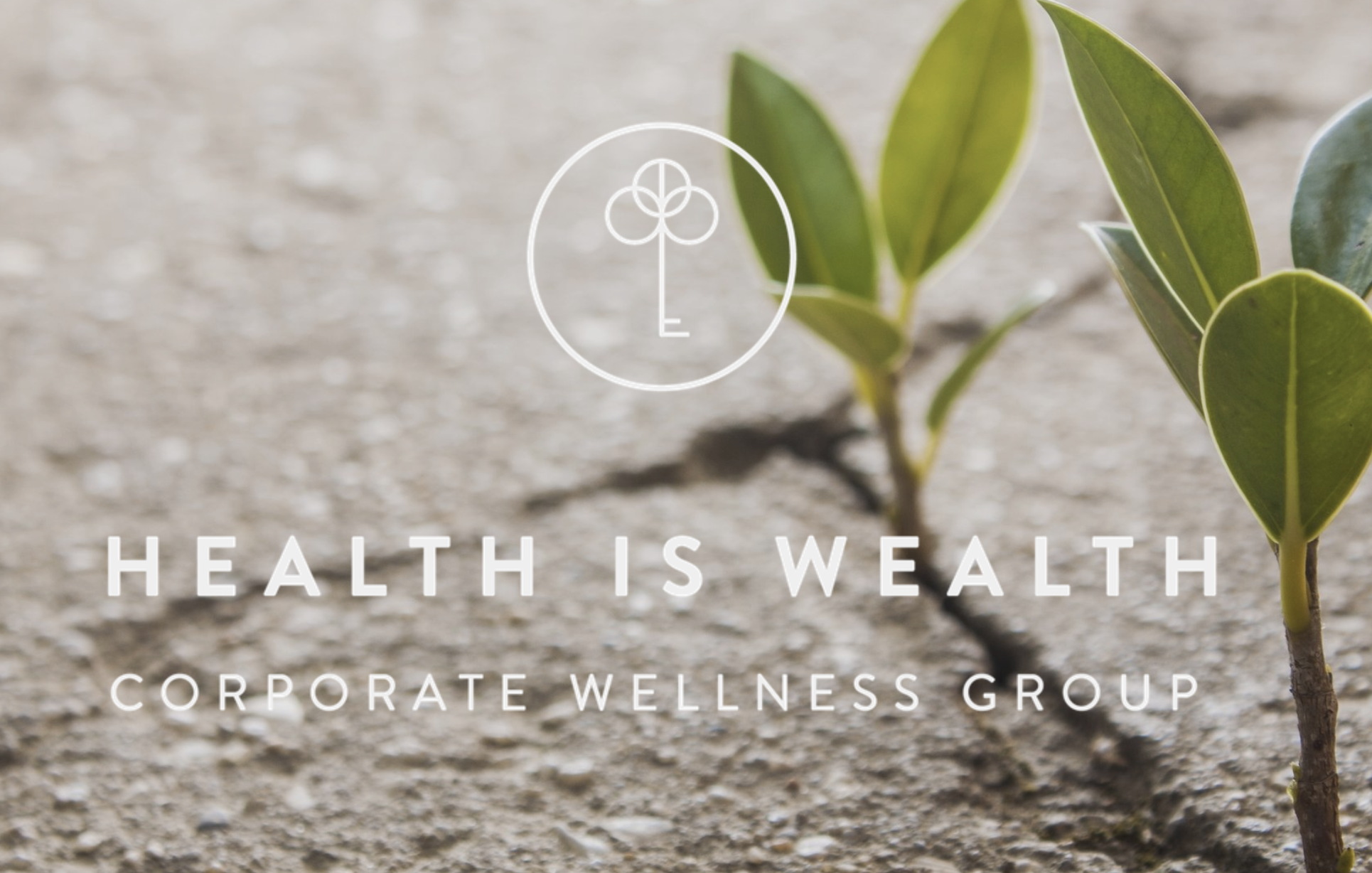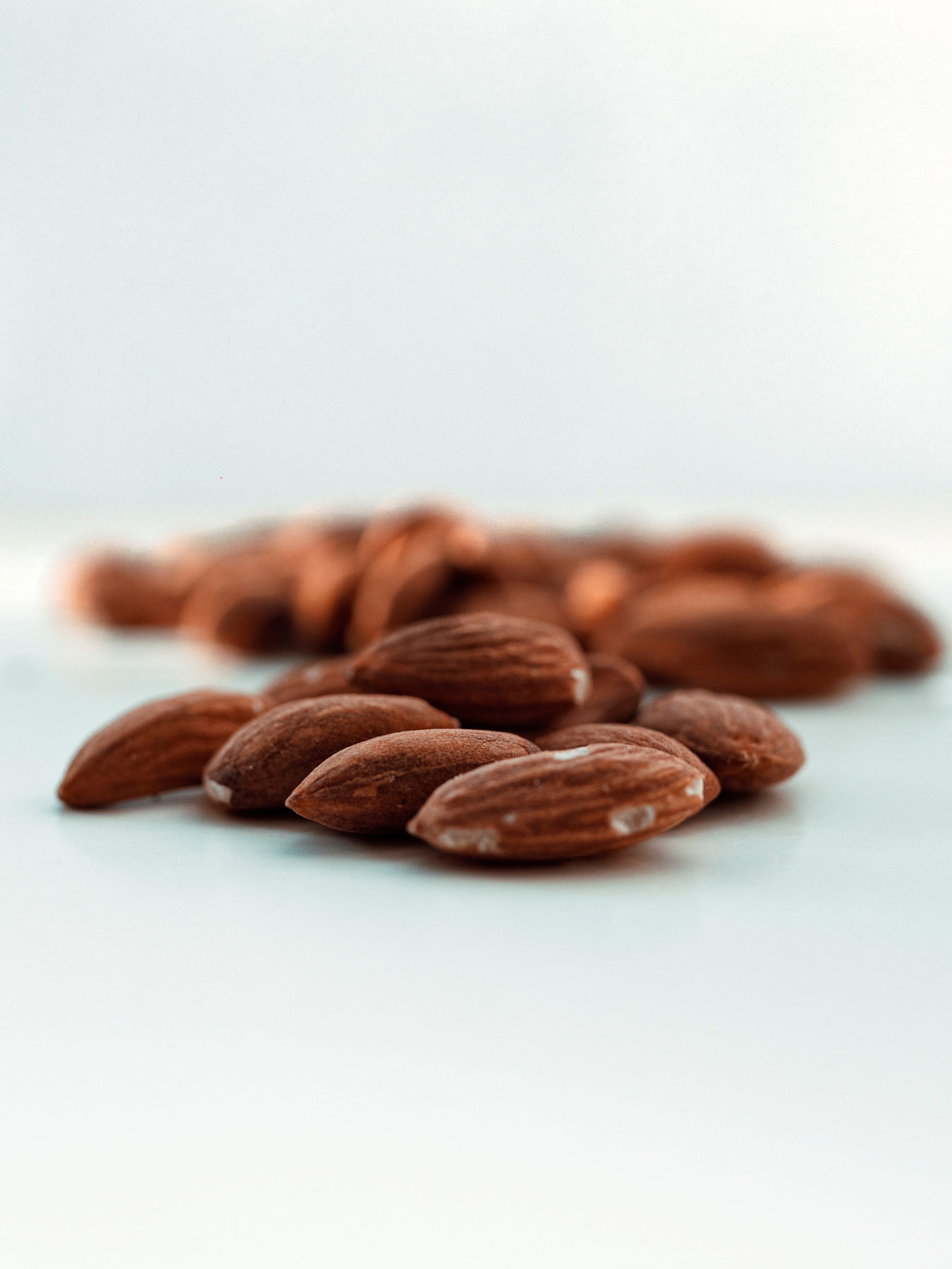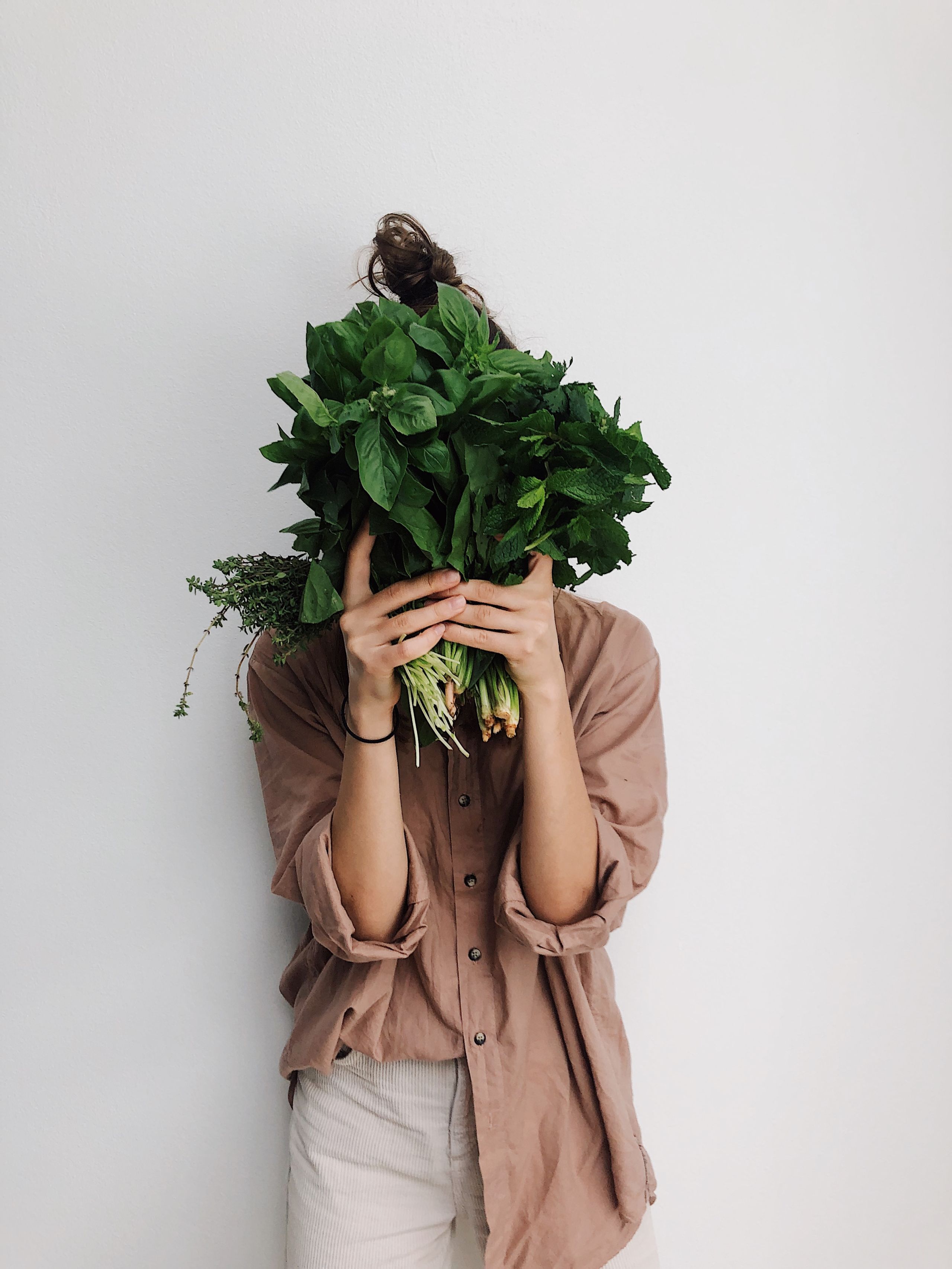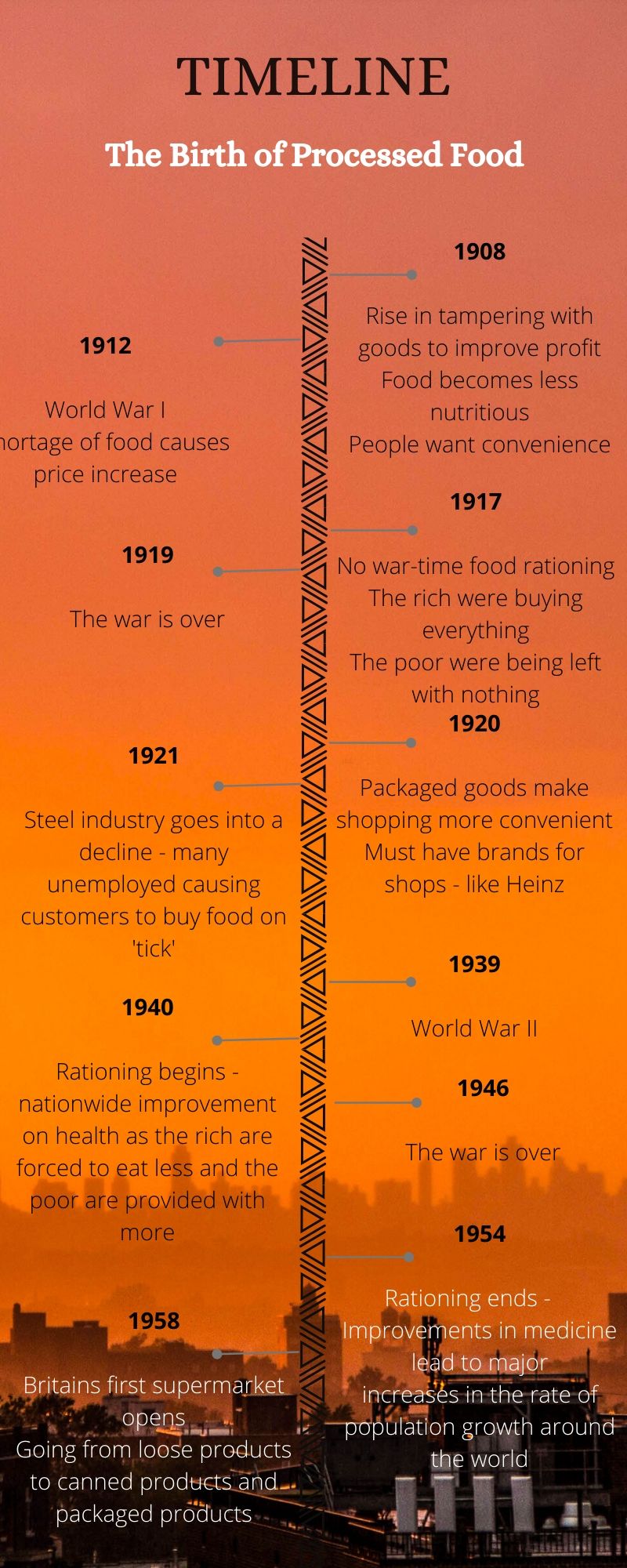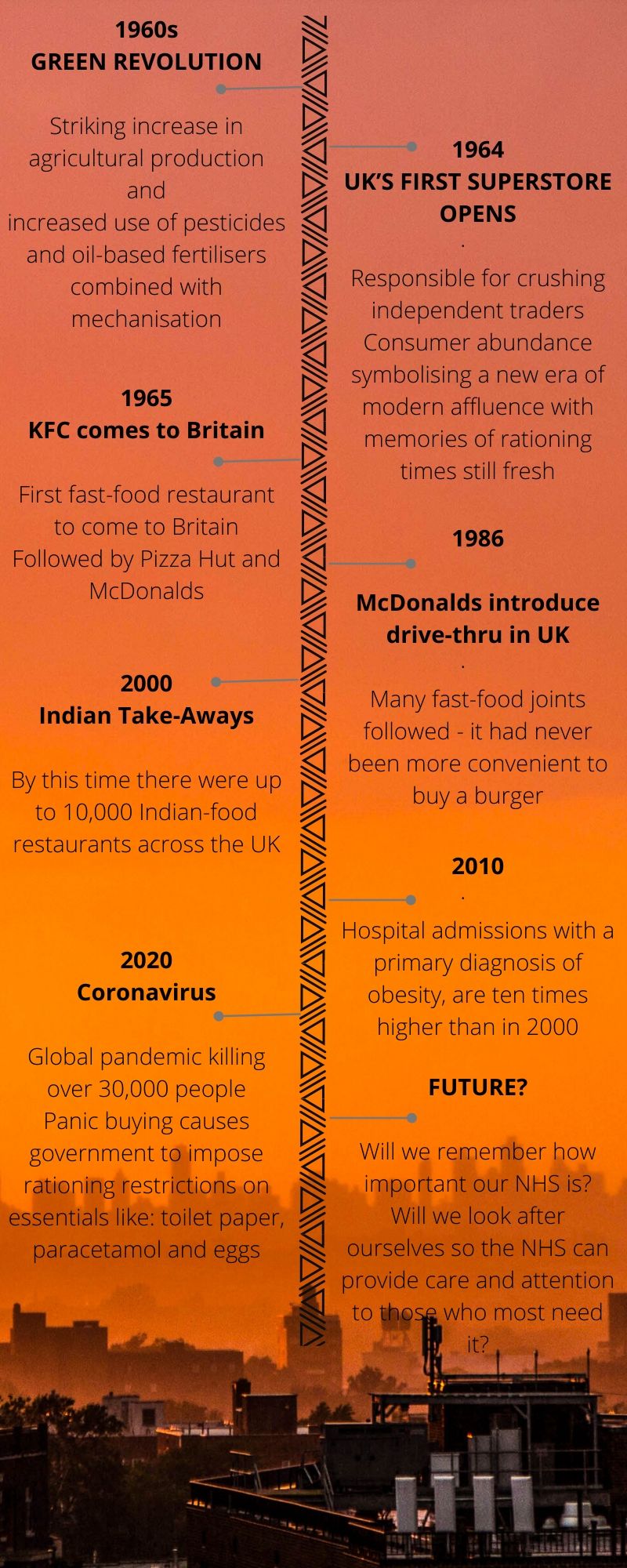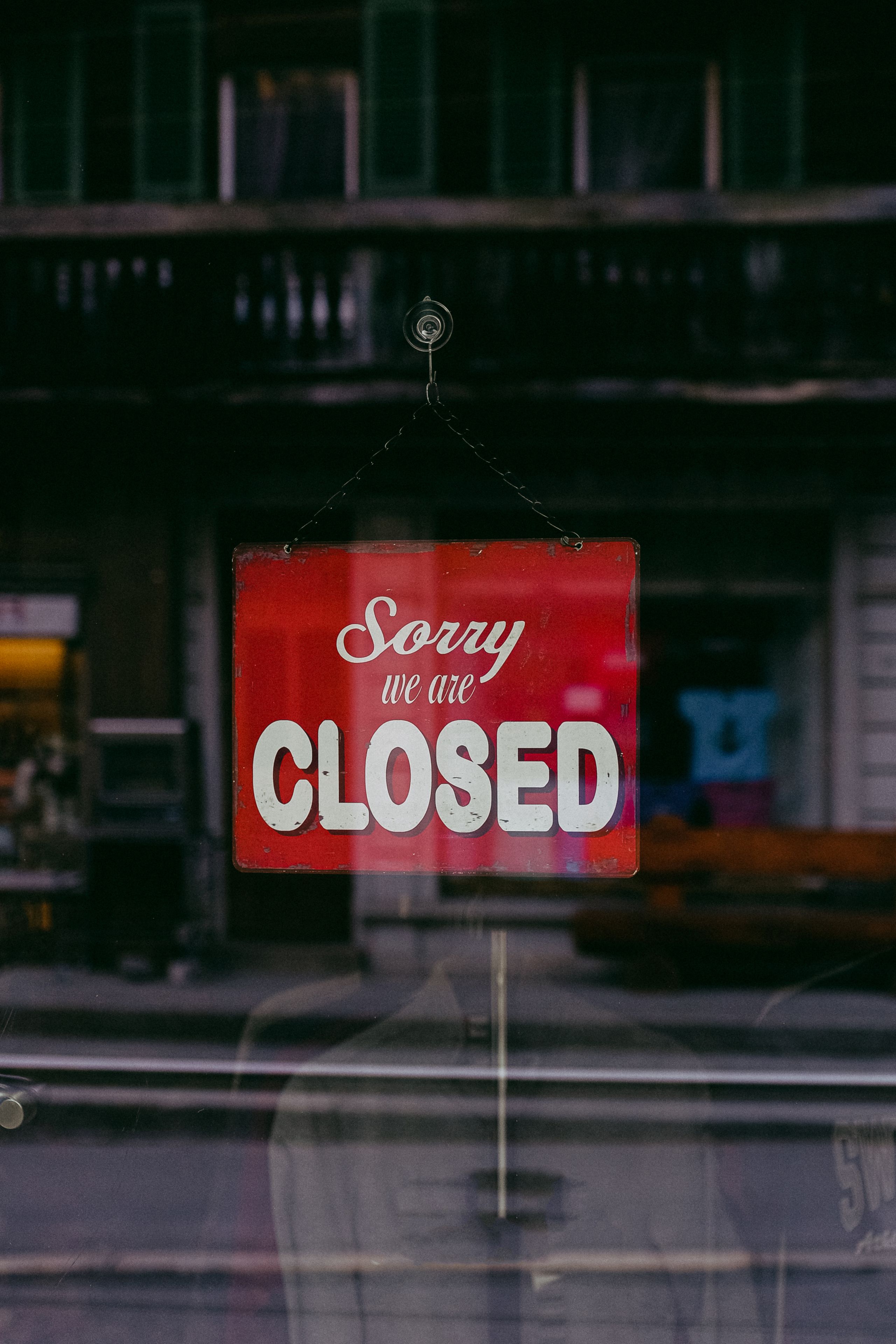Is the whole-food plant-based diet the answer to sustainable health?
And if it is, why are we not seeing this reflected in the nutritional guidance we receive from our doctors?
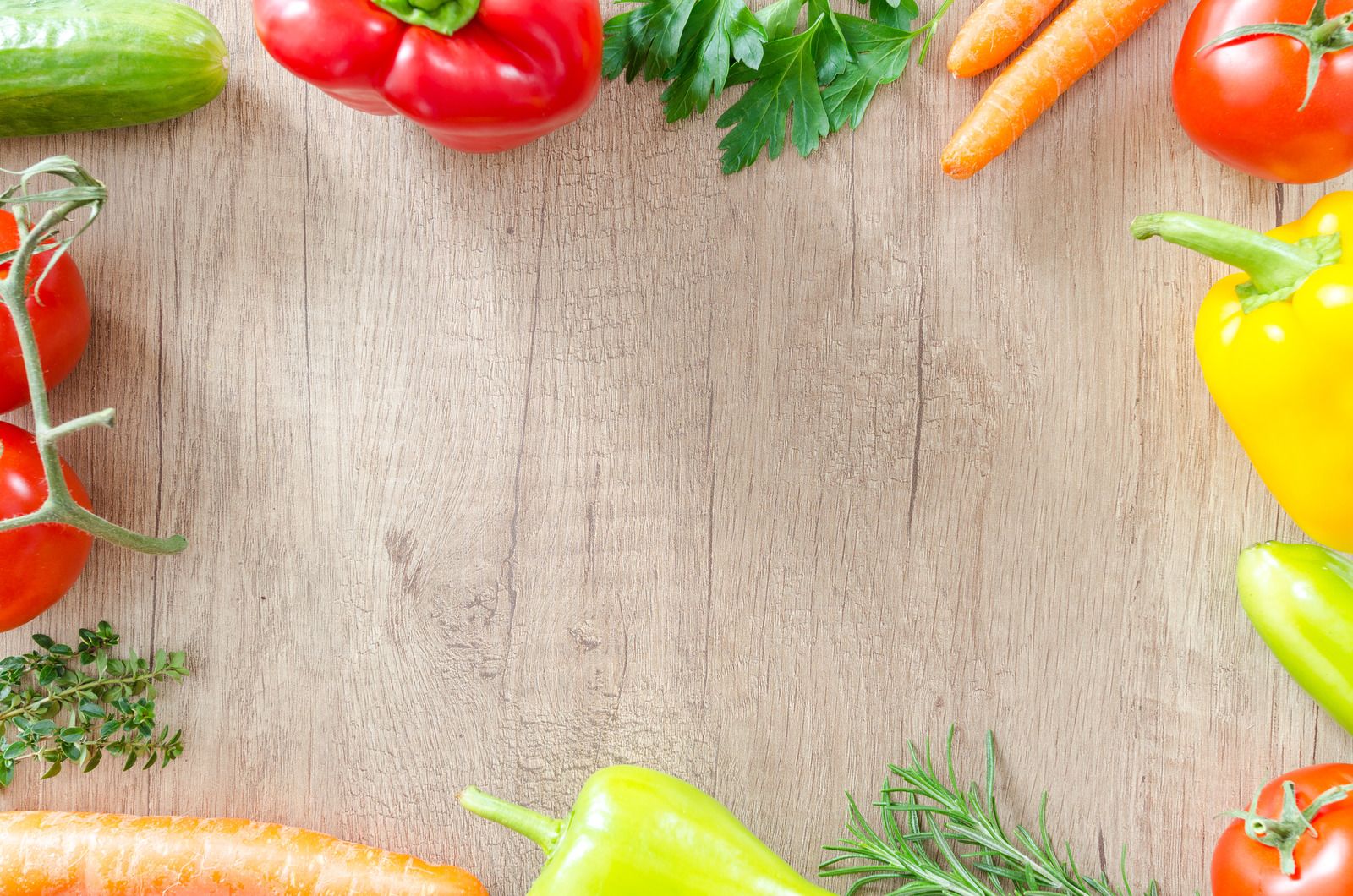
Food. Food. Food. Do we live in a health promoting society? Our Western world facilitates access to fast food, alcohol, cigarettes, a typically sedentary lifestyle and marketing tactics play with our senses wherever we are.
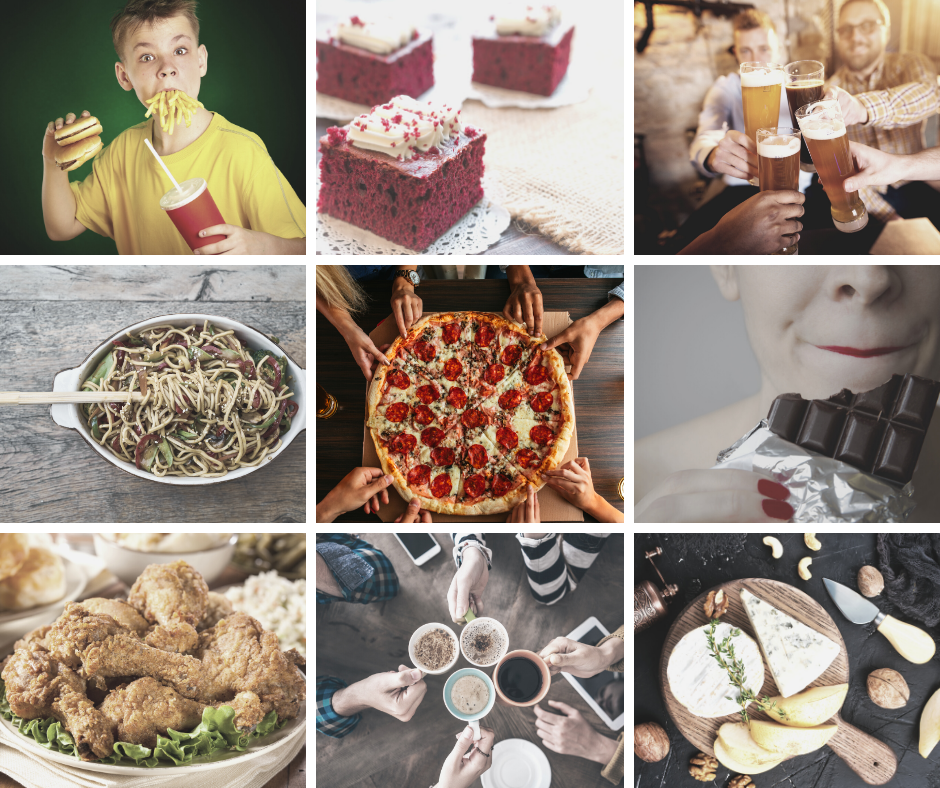
But we're taking notice of it, discussing it now, there is a sort of health craze going on - headline after headline and trending Netflix documentaries like 'Forks over knives' and 'What the Health' with some new claim that only manipulates and distorts our concept of a healthy lifestyle... and no-one knows what to believe anymore. That is probably the only thing about nutrition most of us can agree on.
Generally speaking, we think we know the basics of eating well whether we abide by those rules or not:
· Eat a varied diet
· Consume at least five vegetables or fruits a day
· Have protein with every meal
· Try and eat whole grain foods
· Have sugary and salty treats in moderation
· Hydrate
However, when I came across The China Study, it got me questioning what I thought I knew about healthy eating. The book written by T. Colin Campbell, PHD and his son, Doctor Tom Campbell, MD is based on one of the largest nutritional studies ever to be conducted. Within its pages is scientific evidence proven many times over on how to sustain long term health and even how to manage or reverse the biggest killers such as cancers and heart conditions.
In this article we will meet a woman who is now in remission from breast cancer and a woman who manages several auto-immune health conditions with no drugs whatsoever – mere examples of the incredible effects of the whole-food plant-based (W.F.P.B.) diet advocated in the book. I also had the opportunity to speak to a naturopath/nutritionist, an expert working among the world-class medical professionals of Harley Street and an NHS doctor. The two approaches to patients proved to be a striking representation of available services and consultation time available across different ends of the socio-economic spectrum.
Campbell is a biochemist who specialises in the long-term effects nutrition has on health, he is a professor of nutritional biochemistry at Cornell University and through his research, is now an advocate for the whole-food plant based-diet - which is exactly what it sounds like, a diet comprised of whole foods, such as vegetables, fruits, legumes, grains, seeds, nuts and no animal products.
The China Study explored the patterns of associations for different dietary, lifestyle, and disease characteristics within the survey of 65 countries, 130 villages, and 6,500 adults and their families – with a focus on the correlation between consumption of animal protein and health. However, the book describes much more than the the study itself.
The China Study: “Protein, often regarded with unsurpassed awe, is the common thread tying together past and present knowledge about nutrition, and its supposed importance has permeated the practice of diet and health, even on the professional level, in ways that have suffused our very beings
“The story of protein is part science, part culture, and a good dose of mythology. I am reminded of the words of Goethe: 'We are best at hiding those things which are in plain sight'. Nothing has been so well hidden as the untold story of protein.
“Ever since the discovery of this nitrogen-containing chemical in 1839 by the Dutch chemist Gerhard Mulder, protein has loomed as the most sacred of all nutrients. The word protein comes from the Greek word proteios, which means 'of prime importance'. This begs the question why there was such irrational exuberance for this nutrient in the first place, especially given the belief that protein was only present in animal flesh”.
“If nutrition were better understood and prevention and natural treatments were more accepted in the medical community, we would not be pouring so many toxic, potentially lethal drugs into our bodies at the last stage of disease.
“We would not be frantically searching for the new medicine that alleviates symptoms but often does nothing to address the fundamental causes of our illnesses.
“We would not be spending our money developing, patenting and commercializing 'magic bullet' drugs that often cause additional health problems.”
Campbell has spent his career testing theories on nutrition, researching how protein affects the wellness of our bodies and discovered that not only are we being told that we need far more protein than our bodies require to function properly but that we have been conditioned into sourcing (most) of our protein from animals and this comes at a price. Obviously to the animals themselves but that is another argument all together. The price is our own.
The evidence broken down in the book is outstanding and yet this absolute diamond of a discovery is not being implemented or shared as one would expect. If this is true, why is this information not represented in doctors’ recommendations? Why, if it’s true, does it feel like a kind of secret amongst the alternative medical community?
As a young woman who follows what I would describe as a fairly average western diet, it feels near impossible to imagine eating no processed food at all. First of all, I am a student, money doesn’t grow on trees and I am always running about so ‘on the go’ is how I consume most of my food. The key for people like me is planning ahead, preparing your meals in advance and hoping that wherever you are when you get hungry, you have access to a microwave. Some people are organised like that, and I can be at times but more often than not, I’m grabbing a sandwich from the shop. Pretty average.
Many of the people I spoke to about this went through a kind of emotional event in their lives before taking the decision to completely change the way that they saw food and consumed it. Most of them have said that they probably would be eating the same as they did before had nothing driven them to seek change. Life altering events in our lives can see us needing a new haircut, new furniture, new friends, anything really. But emotionally traumatic events have a toll on the mind, they cause stress which strains the gut, where all the magic happens to keep our digestive system and immune system working properly. When we are weak in ourselves, our bodies will weaken, white blood cell counts will drop, our body soldiers against bad bacteria and our body will no longer be able to protect us as it did. And this can cause some people to fall ill, for some, impossibly or life-threateningly so - a clear reason to take the life altering decision to implement a whole-food plant-based diet. But for most people, who are plodding along at life, it seems momentously unachievable to incorporate amidst the busy and high stress lifestyles of the unsleeping Western world.
That's not to mention the stigma put on those who do implement changes such as buying organic or choosing nutmilks instead of cow milks or people who become vegetarian or vegan for ethical reasons. From my own experience, typically, these individuals are labelled as hipsters or coined as privileged, middle class or simply picky.
In some testosterone-driven circles it can even be perceived as emasculating – "It’s manly to eat meat." A study done by the University of Hawaii showed that men routinely incorporate red meat into their diet in response to feeling their masculinity is threatened.
Following the unexpected death of her mother, the difficult family issues it caused and the near loss of one of her daughters in a frightening car crash; Denise Stevenson, wife and mother of three was diagnosed with breast cancer. She could not believe it. She was a seemingly healthy woman in her fifties, didn’t smoke or overindulge in processed foods but there it was, a cancer in her breast. Her journey began when she went to church and shared her diagnosis. A lady there passed her a book “Do you want to know what we did to beat cancer” by Robert and Susan Olifient. The book describes the journey of a Christian couple who had watched so many members of their family die from various cancers – or not so much from the cancer but the cancer treatments; the results of chemotherapy. So, when the wife is diagnosed with a tumour, they decide to take an alternative route. Denise explained: "If she was going to die it would be from the cancer and not the treatments." The couple started researching and uncovered a whole plethora of things from the natural world, proven to be anti-cancer. Things like turmeric, lemons, members of the garlic family, cruciferous vegetables such as broccoli, spinach all have massive proven anti-cancer affects, they found. And in following this natural path, she healed herself of her tumour, entered remission and is still alive today. Denise read the book cover to cover straight away and then began her own research.
She had the good fortune of having a friend whose daughter, Alexandra Neilan, who is working as a naturopath and nutritionist on Harley Street in London, some of the best medical advisors in the UK - she was able to connect Denise to a breast cancer specialist. Alexandra helped Denise through the process of changing her diet to a whole-foods plant-based one, made suggestions on how to replace things with better foods, making sure not to cut anything out of Denise’s diet but only to help her make good decisions. Denise did not need to stop eating things like bread, only try to buy organic when she did or old-fashioned grains, to eat more fiber and eat raw as much as possible. The Harley Street naturopath has monitored Denise all the way through.
Denise explained: “But I really was a bit of a vigilante I have to say, I didn’t have a doctor prescribe what I did. I just went with what I would see again and again. On the basis that none of it was too whacky.
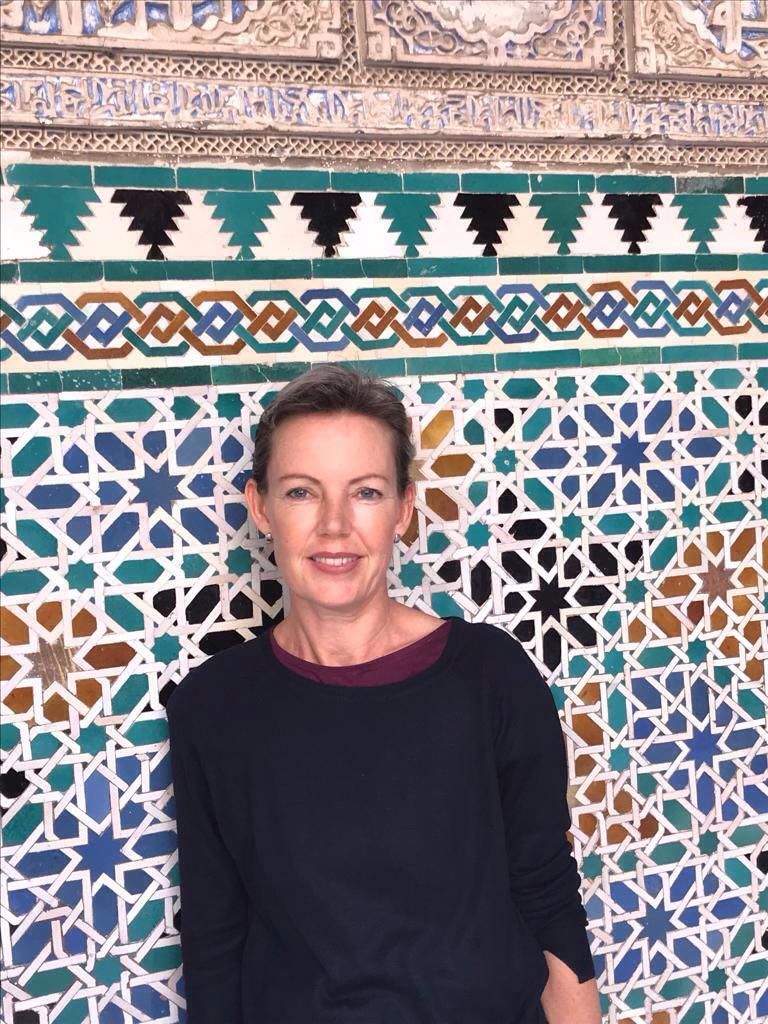
Denise Stevenson
Denise Stevenson

Denise Stevenson
Denise Stevenson

Denise Stevenson
Denise Stevenson

Denise Stevenson
Denise Stevenson
“The most riské I got with the whole thing, was apricot kernels, that’s the stone inside the apricot. There’s a tribe, called The Hunza which are in one of the blue zones in the world, one of the healthy zones - there aren’t many of them left. But the Hunza people believe that Apricots are the Holy Grail as far as health is concerned. So, they harvest and eat the apricots and they also, when it’s not apricot season, eat the stones to protect themselves - it’s the highest naturally occurring source of a vitamin called B17, which isn’t technically a vitamin, the official name is Laetrile. And this tribe swears by the effects of these stones and have very little cancer."
The China Study compares people like the Hunza tribe and other people living in other blue zones (healthy zones) around the world with their levels of health and they found time and time again that there are natural resources people living in these zones use to protect themselves. In comparing the diet and lifestyle of European and American people with the rest of the world, the study found that once people from Asia and these blue zones adopt the Standard American Diet (S.A.D.), they then start to develop Western diseases like cancer.
Denise doesn’t believe that her daughters are any more likely to get cancer than they were before she did, that it would be copying her previous diet that would mean they were, rather than their genetic make-up.
“This is often why cancer goes down in generations, because the children will eat and live as the parents, as the grandparents did. So, for us it’s been a complete wake-up call,” the mother of three added.
Denise’s husband and daughters have not decided to follow her new lifestyle completely but are much more aware of what they eat. They make choices to have plant-based milks now such as almond or coconut and no longer eat so much cheese. The whole-food plant-based advocate told me about the huge connection between dairy and breast cancer, from all the antibiotics that are pumped into the animals. A study done by researchers at Loma Linda University School of Public Health in Southern California found that drinking even small amounts of cows milk daily, can increase your risk of getting breast cancer as much as 80%.
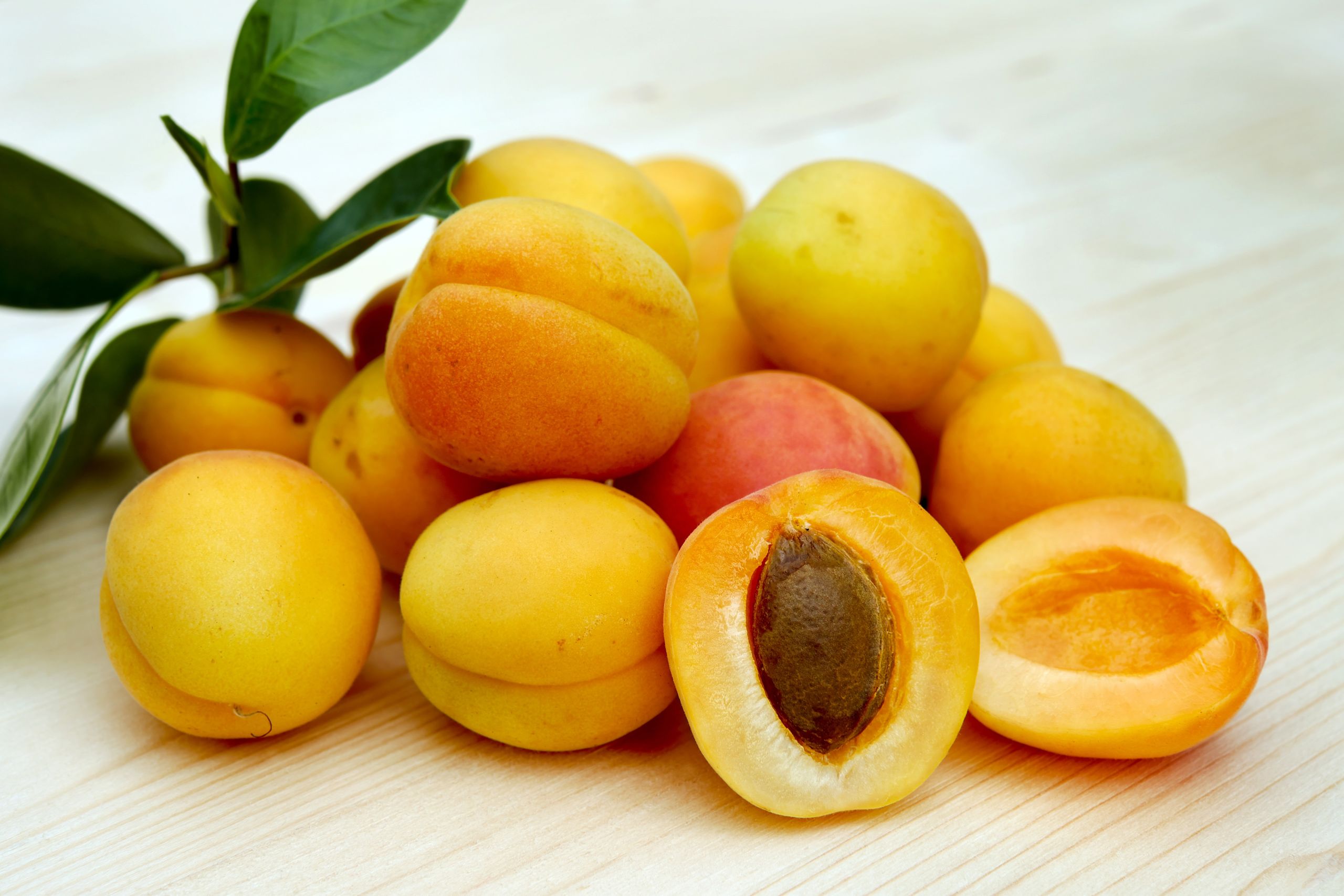

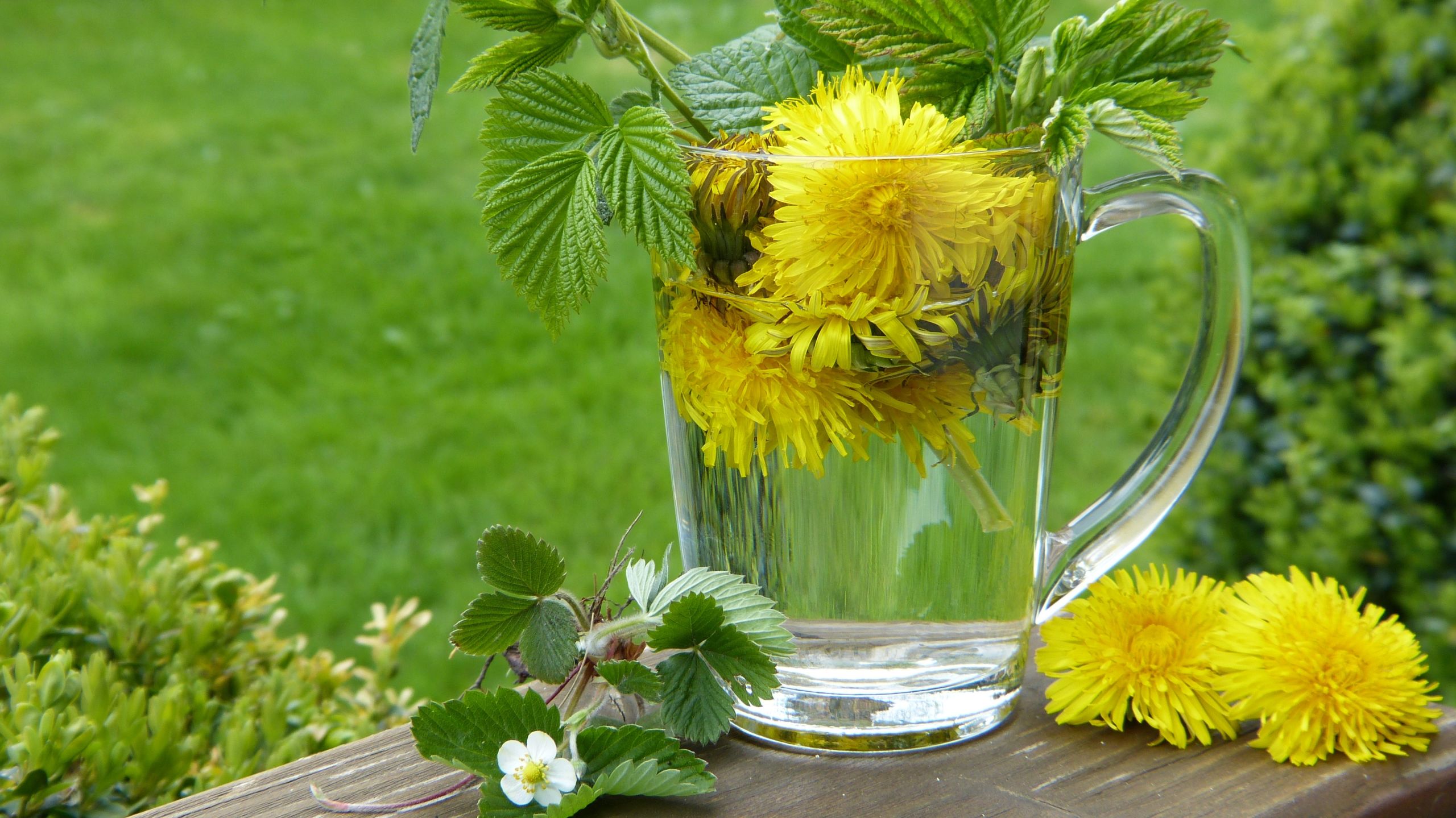
On a different end of the spectrum is ex-physiotherapist Jue James, who lives with many different difficult health issues that appear to be autoimmune, and she has been diagnosed with Spondyloarthritis. From 2012, Jue has faced cysts, pericarditis, a pulmonary embolism, pleurisy, a haemorrhage, a further blood clot and a plethora of other painful things all coming with side effects – joint pain, burning sensations, plaques in her hair, redness, swelling, headaches, chronic constipation, inflammation of the colon, gut pain, the list truly does go on and on. Thankfully. many of these symptoms have now subsided. Similarly to Denise, Jue had been through an emotionally traumatic period before her health began to flare. The first time she ended up in hospital she experienced a house flood. The second time, under urgent conditions, was after a very traumatic personal experience.
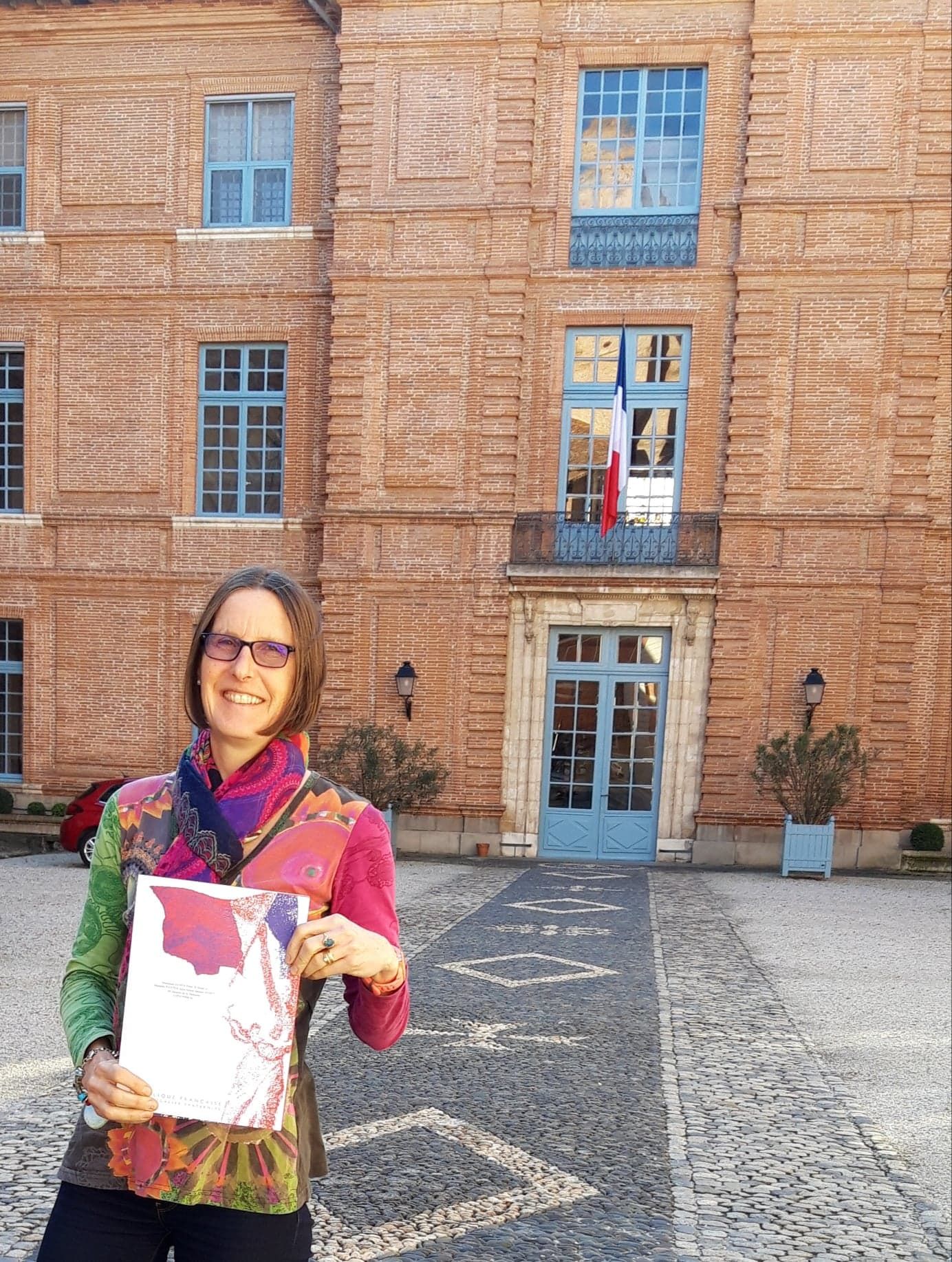
Jue James
Jue James

Jue James
Jue James

Jue James
Jue James

Jue James
Jue James
She explained: “It’s often when you’ve had a really big emotional trauma. When I had the colitis, it was after the ten-year anniversary of my mum’s death… Stress definitely doesn’t help me.”
As a sports enthusiast, Jue was not unhealthy, she became a vegetarian from a young age but just like most of us, ate processed food like bread, crisps and pizza. Although she consumed a lot of vegetables and fruit and did a lot of exercise, when Jue looks back now with all the information she has learned, she realises that she could have been a lot healthier.
Jue talks about being vegetarian growing up
Jue came across The China Study and the whole-food plant-based diet through friends, books and research and made the decision to attempt to manage her conditions solely with food - having spent many years, being prescribed drugs for her conditions and hating it, not wishing to spend her life on harsh medications such as steroids, methotrexate and/or plaquenil. She explained how the drugs had had side effects, such as making her drowsy or not present, even causing her to have a couple of minor car accidents. Jue was very pleased to find a diet that aligned with her morally and spiritually and that she could study to learn to make sense of how to manage her conditions – she has now completed a Certificate in Plant Based Nutrition (through the T. Colin Campbell Centre for Nutrition Studies in partnership with eCornell) which incorporates the findings of The China Study.
Jue explained: “I had found a doctor who was very supportive of me being on a plant-based diet. She didn’t know about it at all and we’ve had great discussions about it.”
Our gut is incredibly important as it contains a lot of the immune system, Jue has learnt to focus her healing on her gut as it helps to heal the whole system. She will sometimes even fast as it starves the bad bacteria in your gut and helps the good bacteria. Although she is not completely cured of her health conditions, she manages it entirely through her diet and the knowledge she has acquired.
Jue James talks about fasting
One of the most frequently asked questions at seminars featuring T. Colin Campbell is whether our diets need to be 100% plant-based? His general response is that if you are battling with a life-threatening illness, then yes, if you are not, then you can stray a little of course. Both Jue and Denise believe that it is biblical: "It says in the Bible, Genesis 1:29: 'I give you every seed-bearing plant on the face of the whole earth and every tree that has fruit with seed in it. They will be yours for food.'” Whether you follow the Christian faith or not I can’t deny that it makes unequivocal sense to me that food should come from the natural sources grown by our impressive ecosystem of trees, plants and bushes rather than processed plastic-packaged food made in mass production, pumped full of chemicals.
Denise added: “Anything with a long list of ingredients, is not food. It’s something for us to eat but it’s not really food." We are misinformed, mislead and scarily, often, we know it. Just as we've been told that the fluoride in our water protects our teeth when in fact it was initially a chemical waste product that was disposed of in our water system.
Denise Stevenson
Denise Stevenson
Jue strongly believes it is so important that people don’t feel they must be 100% plant-based, any move in the right direction to reduce your animal product consumption is great. From The China Study, we know that if you keep your animal protein less than 10% of your overall protein, it has health benefits – the closer to zero – the more health benefits. "When you understand the inflammatory insult it has on your body, it's worrying to think that many people eat animal products several times a day," Jue added.
The media has a shocking influence on our relationship with food and what we believe is healthy. Jue told me: “There is so much information thrown around on the internet, which people just believe and there’s no evidential backing behind it – it’s just hear-say, backed up with people's testimonies but no research. Whatever people believe you can find something on the internet to back it up but is it valid or not?” And indeed, we can always find something online that validates our own opinion – the urge to cherry-pick information seems only human.
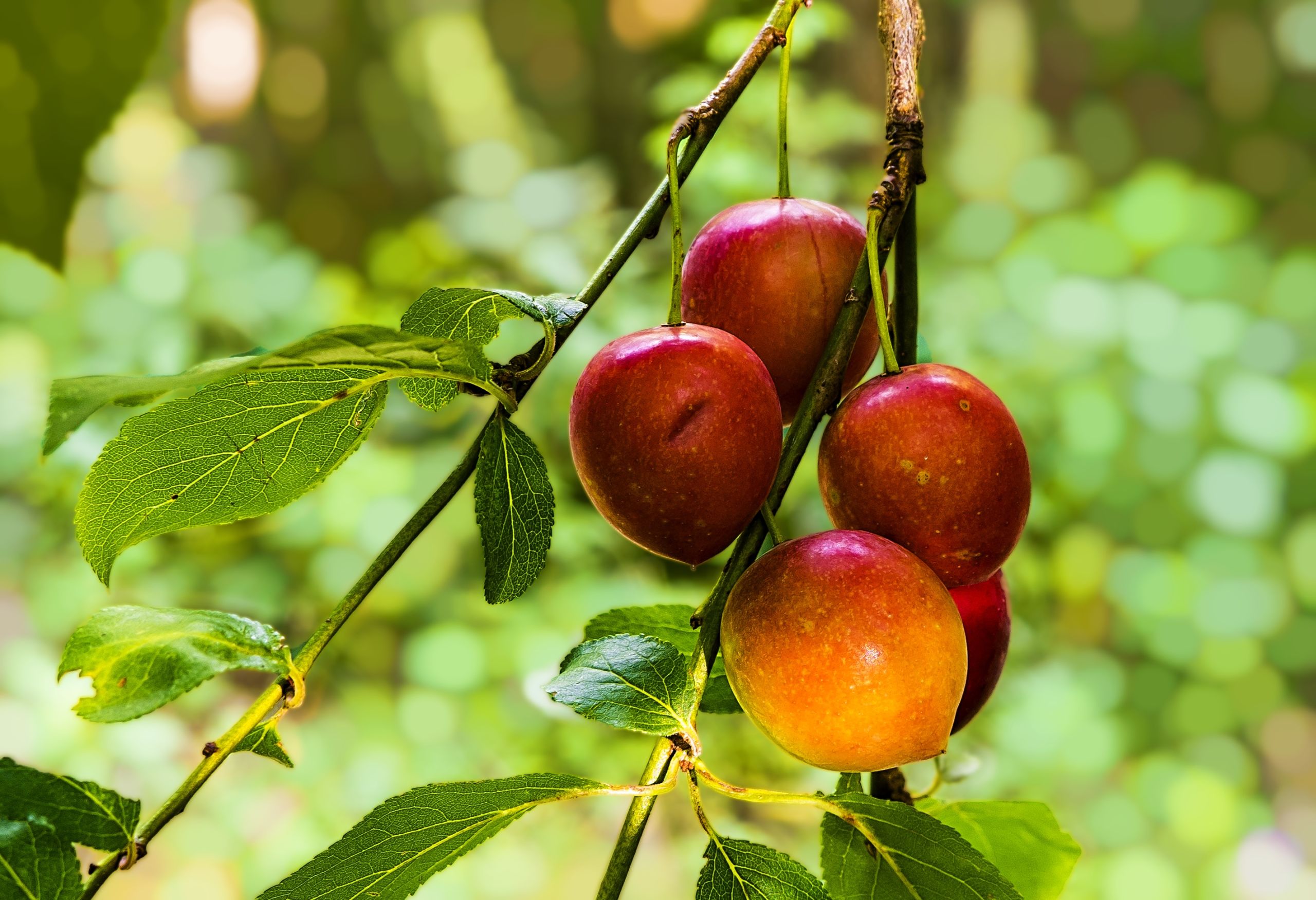

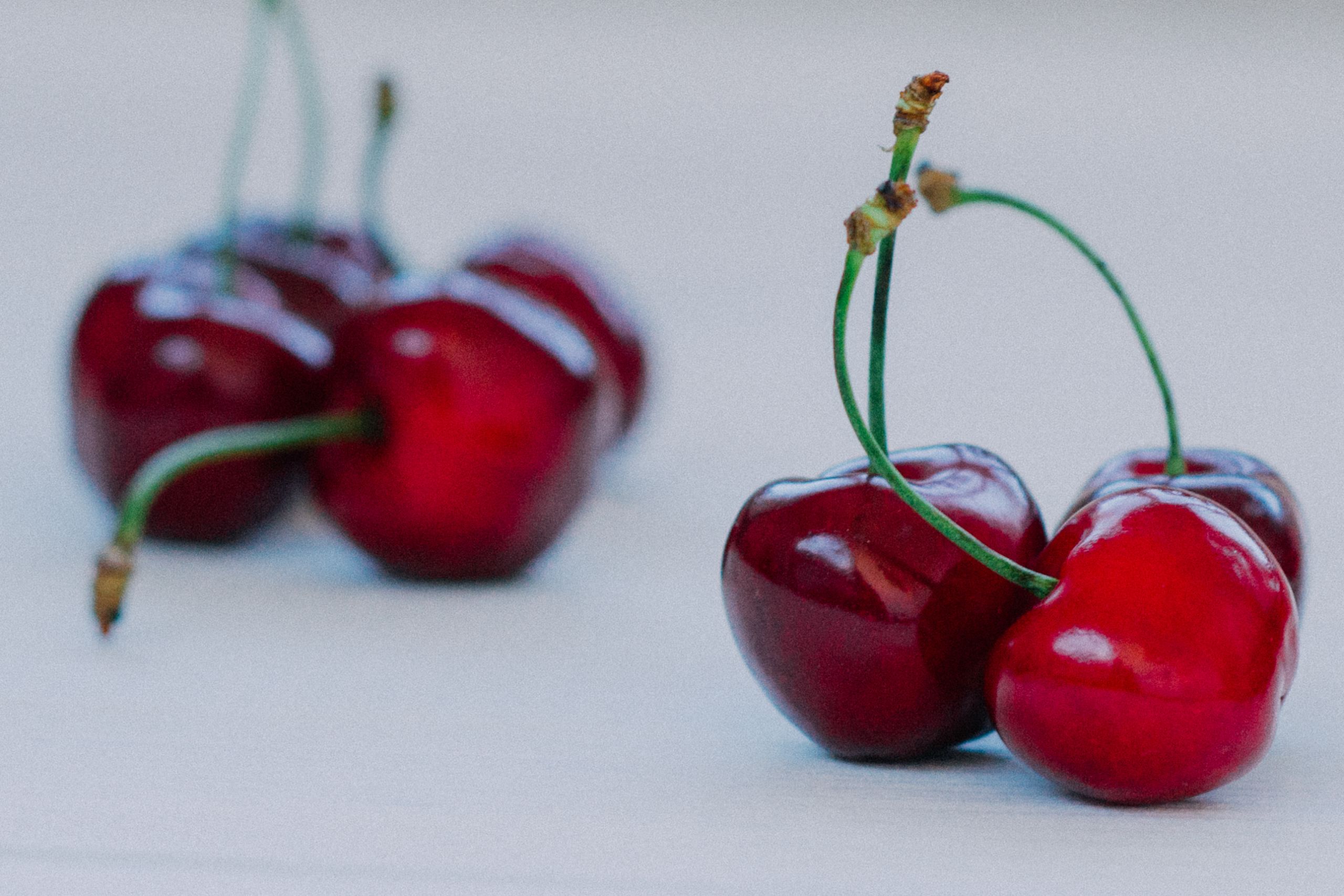
The China Study is so interesting because they wouldn’t be able to replicate the study now due to how things have changed so much in rural China – where western influences have come in. Before the study they had drawn up an atlas of the whole of China and detected where diseases were more affluent and then surveyed people consistently in different areas on what they ate and correlated that with the atlas. This is how they were able to see there were strong correlations with what was being eaten and where the low incidences of disease were.
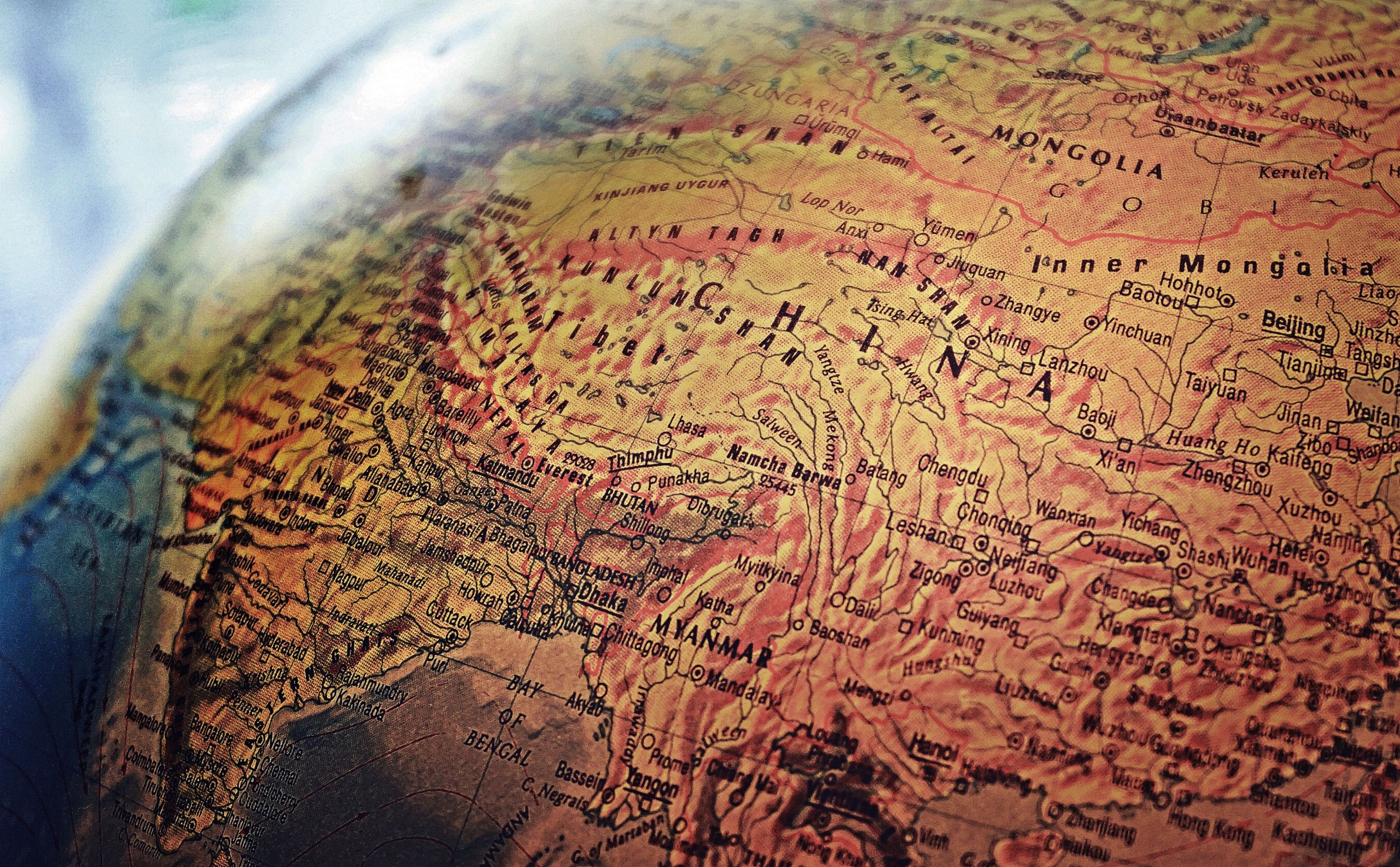
Jue added: “One thing that comes to mind regarding this is that one needs to check whether research has been sponsored by the agricultural industry, the meat industry or the dairy industry. Often this biases the research and will say that there are no ill effects! Whereas independent unbiased research will say otherwise!"
Jue talks about the dairy and meat industry
"The more I learn the stronger I feel about the importance of this information. Not only does it help you physically, its more helpful to the environment.
"The problem is that people are too animal hungry and the grass can’t sustain it from just grass-fed animals, it’s a lot of factory fed animals and what do they need – corn, soya to feed these factory animals.
“It makes me angry that people accuse me, as a plant-based eater of being the problem for the amount of soya and sweetcorn grown in the world."
T. ColinCampbell, PhD: "Because I have been behind the scenes generating health information for so long, I have seen what really goes on - and I'm ready to tell the world what is wrong with the system. The distinctions between government, industry, science, and medicine have become blurred. The distinctions between making a profit and promoting health have become blurred."
Paleo advocate, Chris Kresser talks about Veganism on the Joe Rogan Experience
Denise told me, emphatically: “There’s no other race that drinks the milk of another races young than human beings. Nobody else. Baby cows are made to drink cow’s milk, not human beings. When I was at school, we had the glass bottles of milk at playtime, the full fat cream on the top and it was you know, you have to have milk for calcium – for your teeth and your bones. Yes, we need calcium, but we don’t need it from cow’s milk. We can get it from many other sources,” she added.
The China Study explains that the highest incidence of osteoporosis is actually in the West, the countries where they eat the most animal and dairy products.
"Cows milk has the effect of making our body more acidic and the way our bodies buffer it is through using calcium – which it gets from our bones" - Nutritionist Alexandra Neilan BSC, ND
Jue’s doctor expressed concern over how she would get her calcium on the W.F.P.B. diet she’d adopted and so Jue photocopied the pages of The China Study that addresses this and educated her doctor on how she knew how and why to get her daily source of calcium from green leafy vegetables and legumes.
Although this information doesn't appear to have received the acknowledgment you'd think it deserved, it would seem obvious that our medical experts and government would be very much aware, especially directors of organisations meant to educate us on health. If they know, as they should, about the risks of too much animal sourced calcium or protein, why aren't these facts being represented in government dietary advice?
I think it comprehensible that on a psychological and sociological level, people (I, included) would reject this information because it might feel easier to just go on with the way that we’ve been told to eat rather than to accept that our health advisors and government may have played a role in consciously misinforming us on how to protect our health - and continue to do so.
“You can’t make any money from patenting broccoli,” Denise told me conclusively.
It is devastating then to look at the life of Colin Campbell, where he has had to battle to be acknowledged and heard to only be pushed off of certain boards for advocating a plant-based diet because his peers are being sponsored by the companies who don’t want the research shared.
Jue told me: “It’s about exposing the corruption within the medical system. Which really sadness me. Especially when you go into hospitals, and what are they serving you up? The food that could actually be causing the problems in the first place. That angers me.”
There is an element of responsibility that we must all take individually for what we do or do not eat, although it would be so easy to lay all blame on manufacturers and marketing of processed food. Why is it so hard for most of us to eat consciously? Does it tie into how lazy and complacent we’ve become, with mobile phones, cars, delivery options and the rest of it? Jue reckons: “A lot of the time, people don’t want to know what they need to do, because they don’t want to stop what they’re doing. And at the end of the day, if someone doesn’t want to, they won’t.”
We’ve learnt to have things on demand, delivered to our door, everything is deliberately made to be so practical. The W.F.P.B. diet intrinsically forces an individual to have to be immensely more deliberate with their food consumption. Jue agrees: “And it takes time to learn, although I was eating a lot of vegetarian food, I had to relearn. Part of the process that I’ve loved is that I’ve learnt to cook different things, with new ingredients and I’ve been plant-based for at least three years now – although I still have the occasional flare up. When you’re trying to undo years of what you’ve done to your body, it’s not just going to happen overnight.”
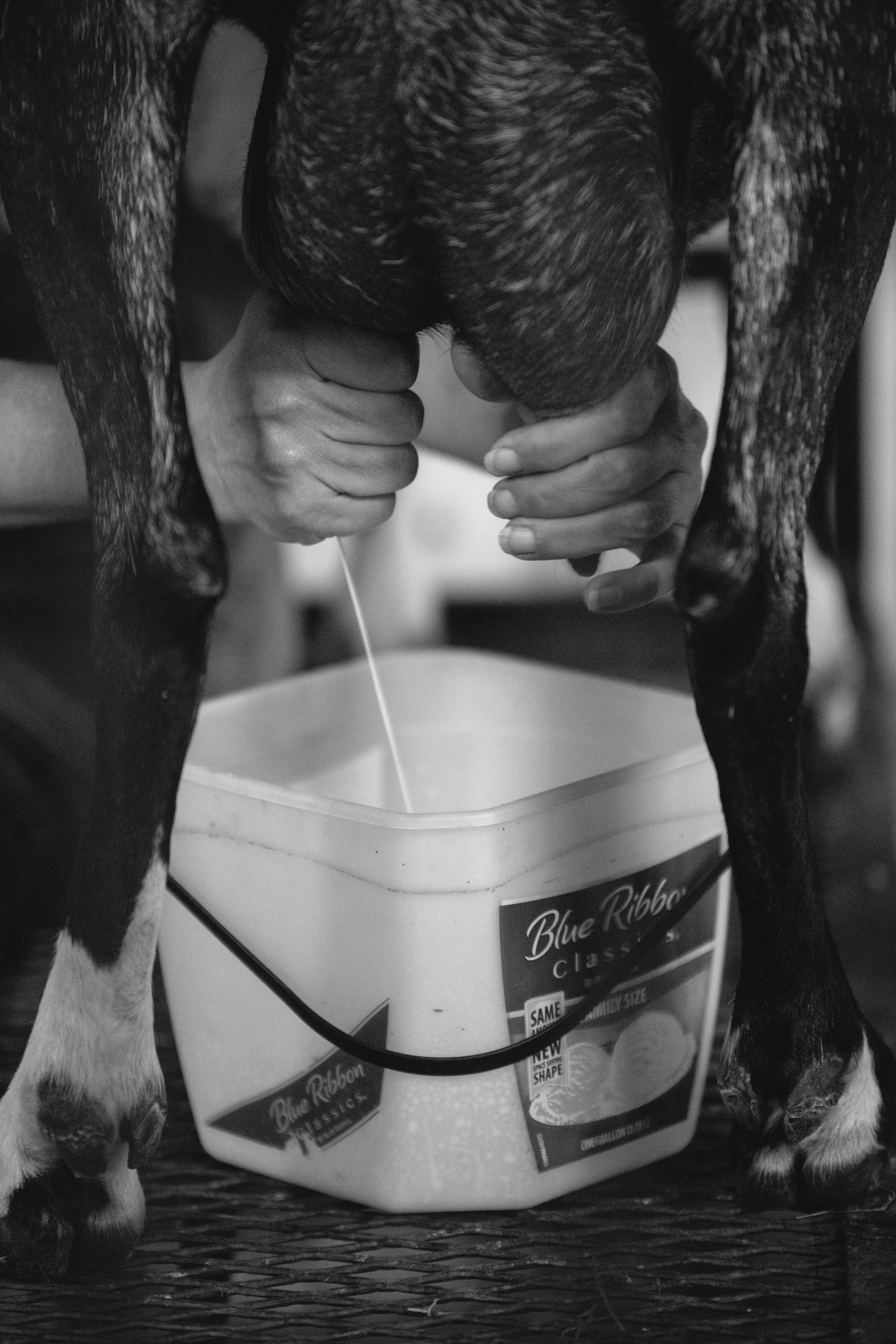
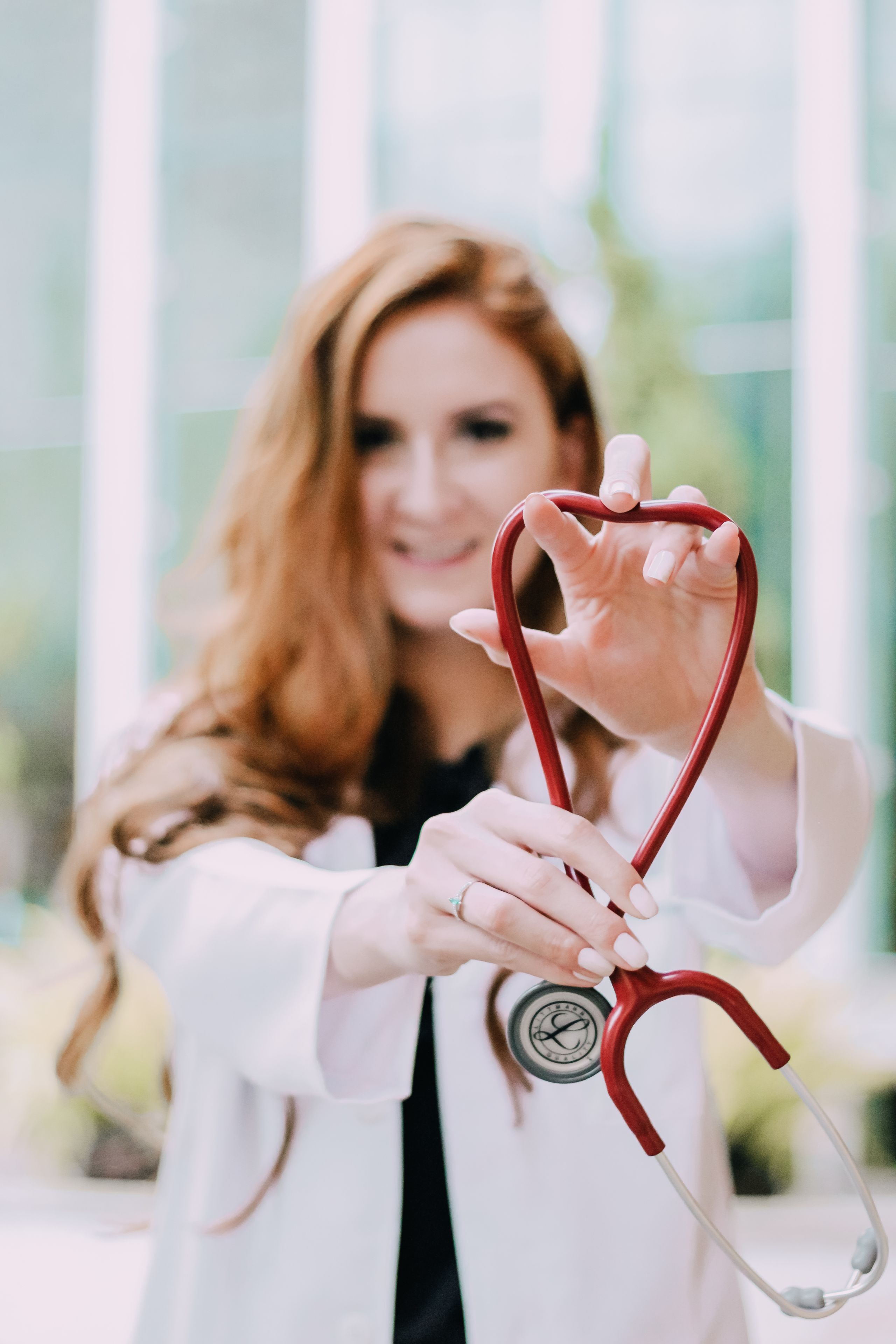


Campbell explains that if the pharmaceutical industry could sell plant-based diets in a pill along with the lovely long list of all its side-effects, which are ALL beneficial – it would make millions and everybody would be investing in it.
A recent example is Cannabis, a real hot potato at the moment. Phillip May, husband to the UK’s former Prime Minister Theresa May, is a shareholder of a company that has patented a new Cannabis derived drug to treat children with epilepsy, the Researching Reform published. Cannabis, is crucially beneficial for sufferers of conditions like epilepsy and chronic pain. The 'drug' will be trialled on 20,000 U.K. citizens who qualify and there’s a big long waiting list. It won’t be available on the National Health Service; you’ll have to pay for it and it’s a lot of money.
Denise asked: "So, they’ve now patented Cannabis, whereas they’ve made plant Cannabis illegal. How can that be right?”
All of this information is overwhelming, it makes me question a lot of things but having grown up in the western world with its modern medicine, I wonder what I would trust more if the situation were concerning my mother. When Denise received her diagnosis of breast cancer, she decided that she was going to take the natural route, having read the book given to her at church and many others, and through her faith which made her trust in an instinct that no knife would touch her body. Her children however were desperate for their mother to follow the doctor’s procedure of prescribed chemotherapy sessions to shrink the tumour.
She explained: “I was told I needed to have it otherwise this tumour would kill me. I didn’t believe that, but my family needed me to have it. I will never know. I will never know what would have happened if I’d not had it. But I will never regret stopping it halfway through.”
After a few sessions of chemotherapy, an MRI was administered and there was no sign of the tumour – for whatever reason, be it the drastic change in lifestyle Denise adopted from the moment of her diagnosis, the few sessions of chemotherapy or her prayers. Delighted, she went back to her oncologist who told her that she might be able to cut the treatment short and have just six sessions instead of eight. Denise was shocked.
“Why would I carry on? The chemotherapy was to reduce the size of the tumour, you can’t reduce it beyond zero. It’s gone. And he told me just be sure, I needed to have another couple. And I just said no. He was so angry. I guess I would have been a pretty good case study until that point.
“He wanted me cured. I wanted me cured. We just had very different views on what it was going to take to get me there. And he’s an oncologist, he treats cancer. He treated the cancer. He didn’t treat Denise. And I have a real real problem with that, because I wasn’t the only one,” she told me earnestly.
Denise was mocked by her own and other oncologists during the chemotherapy treatment when she explained the strict way in which she was eating, “I want you to stop all of that nonsense and start eating properly again,” Denise impersonated. She had lost a lot of weight at that point, having reached 44kg at her lowest, and in fact chemotherapy regulations allow it to only be administered if the patient is a minimum of 46kg, “so he really shouldn’t have been carrying on with it - it says on the packet, but he did it anyway,” she added. Her oncologist had sneakily organised for one of the hospitals nutritional team to come and find her while she was hooked up to a machine with nowhere to go. The lady listened to Denise explain how she had cut out sugar, dairy, animal protein and there was nothing she could say to change her mind – that she was eating avocados, nuts, legumes, oats and really bulking this stuff out.
“And she didn’t know what else to say. It was the chemotherapy. It just destroys your muscle mass. It was awful. A few months later it rebuilds again. But it’s just poison, chemotherapy started life in the second world war as mustard gas for poisoning people, and that’s what they put into our veins. It has a 2.1% success rate” she explained.
Denise raised the difference of opinion that became an issue between her and her oncologist, who has many years of training to become an expert in his field – “but he only knows one way of treating cancer and I don’t believe there is one way to treat cancer,” she pressed.
“I’ve met a lady here, who is thirteen years out of breast cancer, and she was told that she needed a double bilateral mastectomy and she said it just didn’t sit right with her. So, she went the homeopathic route, she had no surgery, no chemotherapy, no radiotherapy and has no cancer. She’s living proof. And she’s not the only one.
“The trouble is, when you say it out loud, you’re made to feel irresponsible, because you can’t tell people what to do and what about if I tell them to stop the chemotherapy and they die? You’ve got all that on you. I wouldn’t ever tell anybody what to do, only share what I did. I think that’s all I have the right to do,” she insisted.
Denise has since written a book called ‘Aerobics in a Wig’, describing her experience with cancer, the journey she decided to take, making clear that she cannot know which part of what she did shrunk the tumour. She believes we all have about six bouts of cancer in our life-time – and our immune system, when it’s working, will close them down. However, having lived through her mother’s heart attack and the fallout with her family from that - her body suffered for months, battling periods of sustained anxiety and stress – her immune system was not able to close it down and it allowed the cancer to take hold.
Death from cancer had not even occurred to the beloved mother and wife before people decided to take it upon themselves to reassure her it would not happen. Survival was evident. She was 100% focussed in her W.F.P.B. lifestyle, having promised the lady who gave her the book that nothing would pass her lips until it was gone and her body was no-longer diseased, “really it was a promise to myself,” she confessed.
“It is a dis-ease, cancer, it’s your body saying: there’s something wrong here,” she added.
Now over two years out of there being no evidence of disease, Denise will every so often have a croissant or a slice of carrot cake, a treat. “Nothing is forbidden,” Denise told me. But for the most part she follows the same regime she adopted when she was healing her body. She still starts the day with a huge juice every morning, a mixture of carrots, beetroot, lemon, apple, turmeric, ginger, black pepper, flaxseed oil, cucumber and whatever else she fancies, “I call it my twenty-five a day,” she chuckled.
As for Jue, she is still a firm believer of the W.F.P.B. lifestyle, she eats what she calls “a very rainbow diet," deliberately eating lots of colours, to get all the different vitamins and plenty of fibre. “When I first started, because it’s all new, you tend to get stuck in a rut of eating similar things, not particularly varied. It’s far too easy to just grab something that’s convenient and processed. The hardest thing for me was social occasions, especially in France, you go to people’s houses and you either accept that you aren’t going to eat very much or you accept that you might eat the wrong thing, which I don’t like to do because I know it will make my health issues flare up – especially in the early days, now I could probably cope a bit more with it but sometimes not.
“The hardest thing initially was cutting out bread, because life in France revolves around baguettes. But then it’s like anything when you decide to cut it out, the first month is the hardest and then you stop getting the cravings. I don’t miss it. I don’t miss cakes. Occasionally, if I have an urge for something sweet, I will get a date and fill it with nut butter. Every so often, I do look at something and think I could fancy that but very very seldom and I just resist it.
“I think sometimes, we have these crises to point us in the right direction. I’m not glad I’ve had the health problems I have had but I’m glad I’ve learnt what I have through the experience. Now I want to go out there and spread the word.
“When you’re looking into this, nutrition is only part of being healthy, it’s important to observe also how much exercise you’re doing, the state of your spiritual health, emotional health, have you got a support system? So, food has been part of the journey but the fact that I’m a Christian, God is guiding me through certain things."
Jue believes the most important people to educate first are our medical advisors, medical students. She explains: "People think of doctors as their gods. Most people believe everything a doctor says and it's like if you go against their medical advice, you’re a bad person. My disease is in some ways no different to what Denise went through, but cancer is obviously more aggressive, and people know about cancer unlike auto immune diseases. But it’s the same background as to where all these things come from. It’s things in your life that have caused too much inflammation in your body that gets out of control. It’s not the doctors’ fault, they often just don’t know and they often haven’t got time to think about nutrition. And people do this passive thing, where they want to be put on a pill or given a treatment, they don’t want to help themselves.
"Unfortunately, there are a lot of people who are passive in life and just want stuff done for them, they take all these pills, eat a terrible diet, can see first-hand what the W.F.P.B. lifestyle has done for me, but they don’t want to do it for themselves because they like meat, sweet deserts, the convenience and going out for a meal too much."
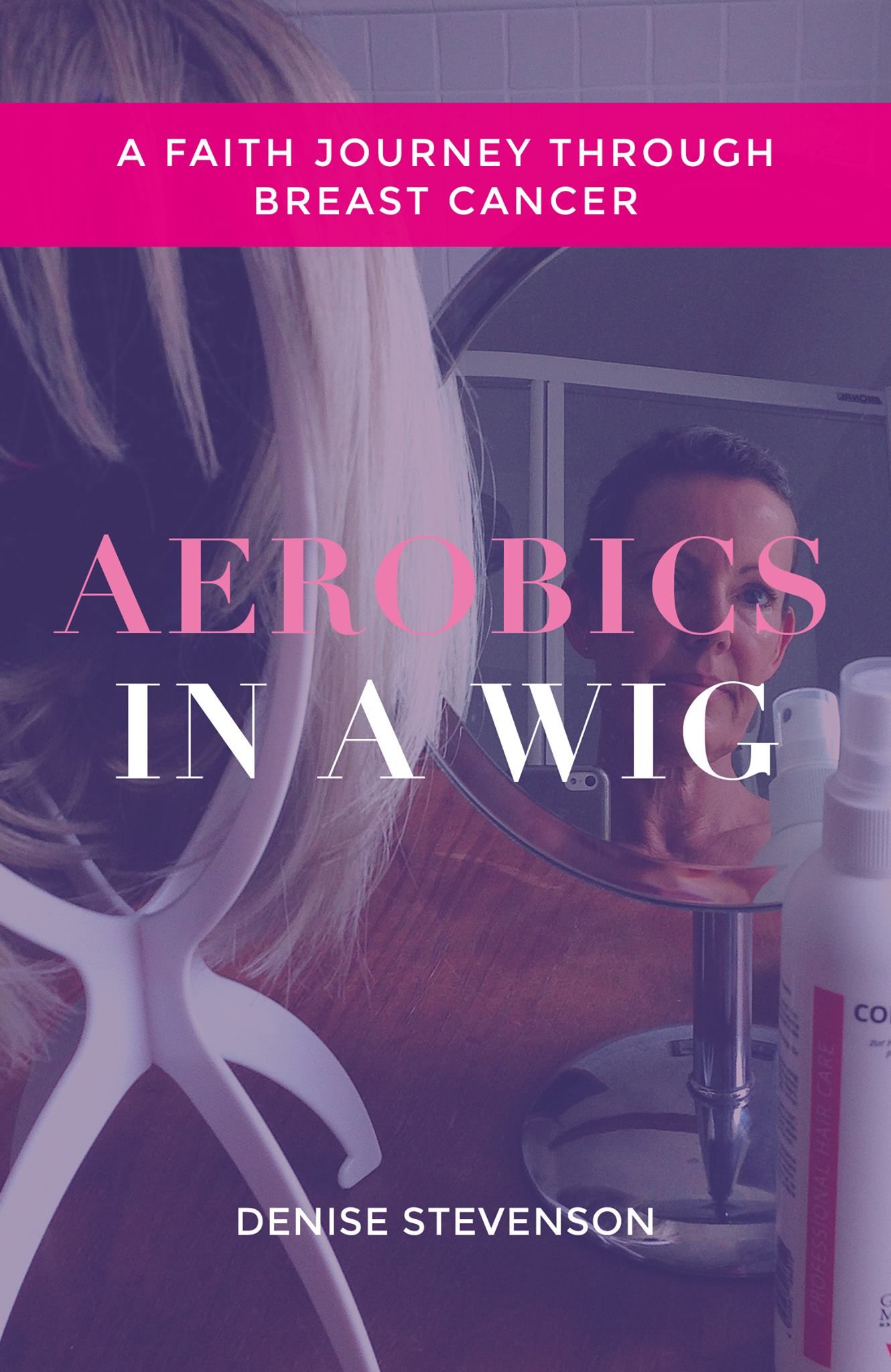
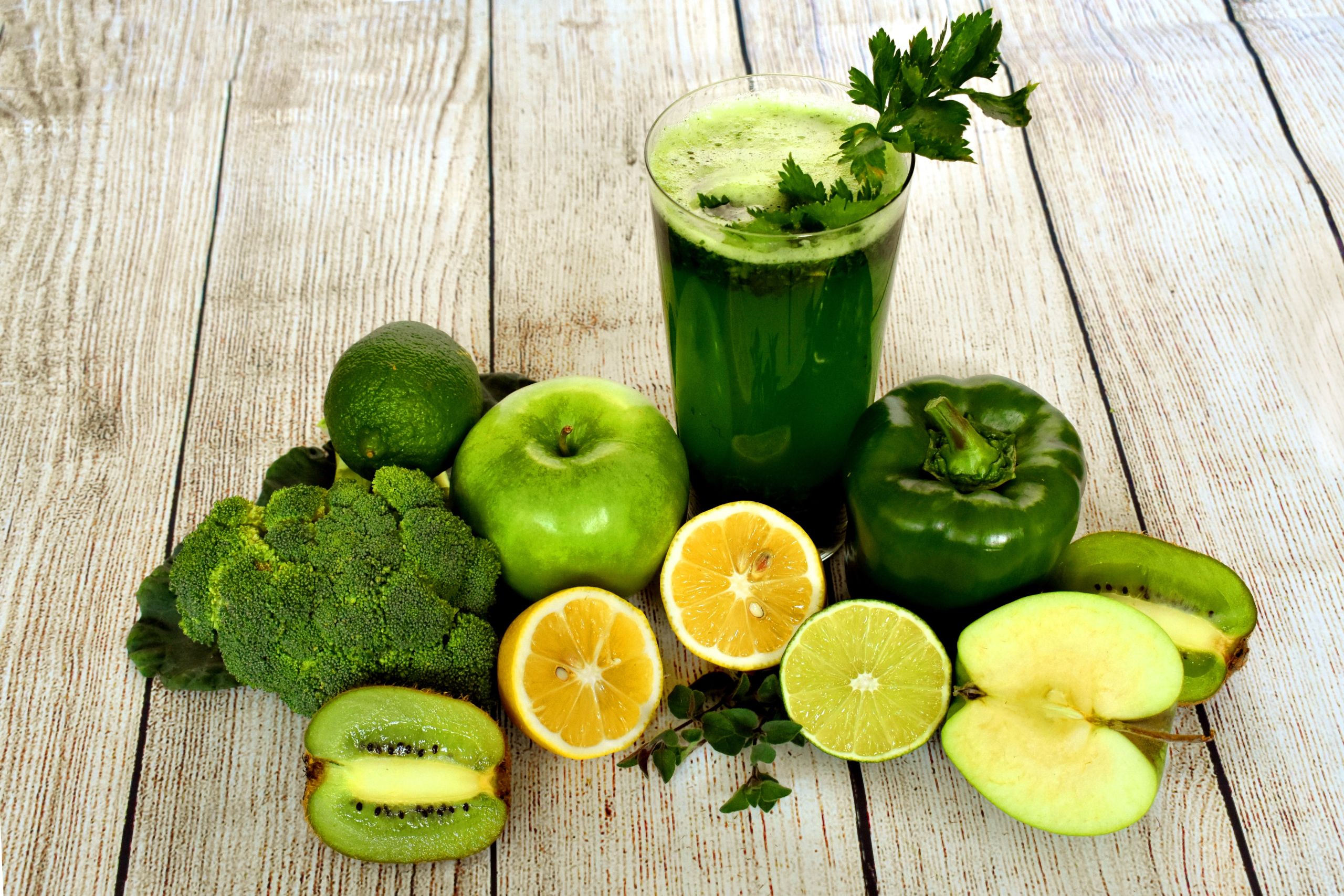
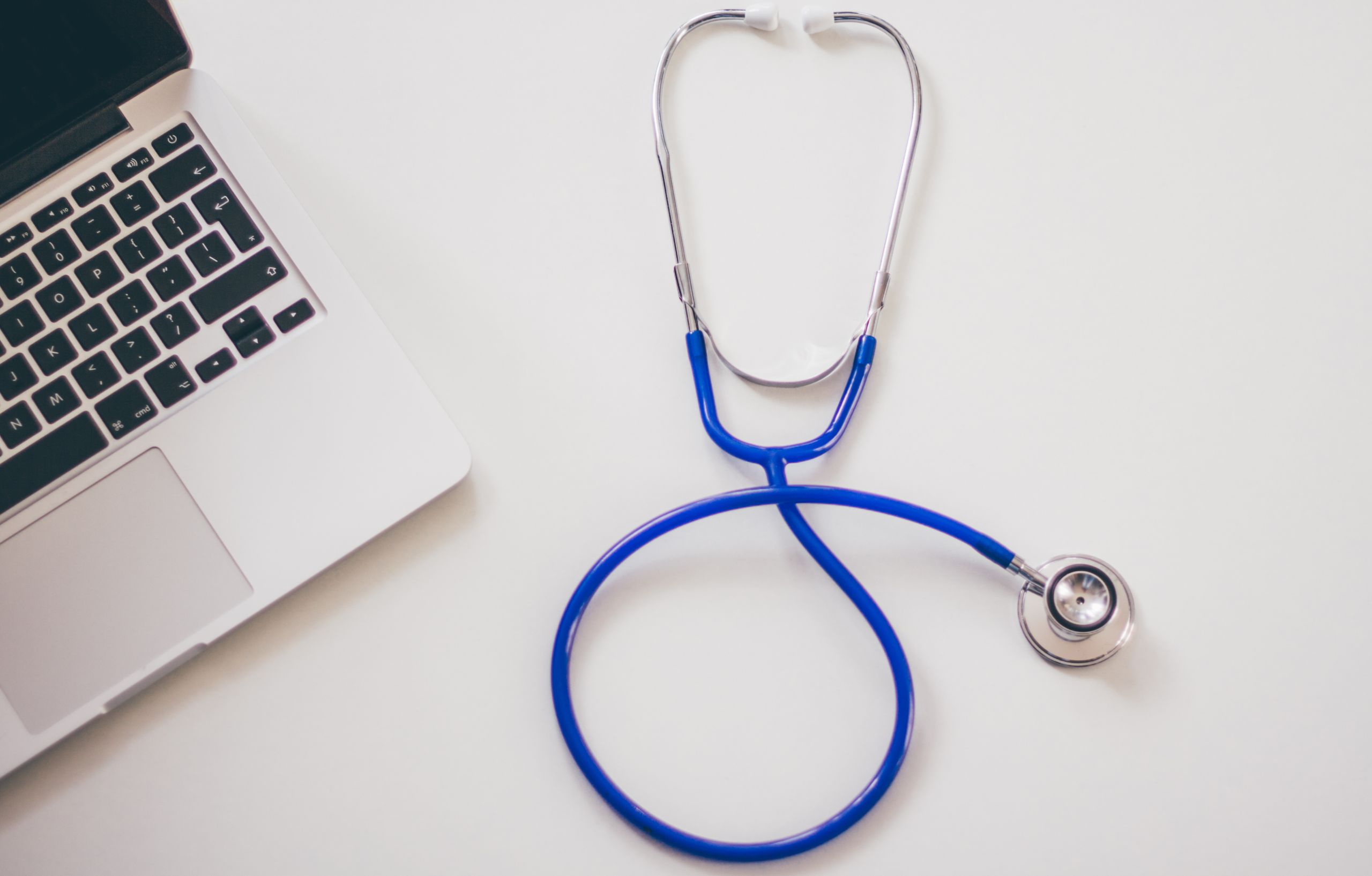
Alexandra Neilan, one of the country’s leading specialists in naturopathy and nutrition, is the cofounder of Health is Wealth, a company that works with businesses on improving the health and wellbeing of employees and in turn their productivity.
Chloe and Alexandra
Chloe and Alexandra
Alex met her business partner, Chloe Cunninham studying nutrition, they graduated and began seeing clients one to one, whether for cardiovascular disease and diabetes or sleep, insomnia and digestive issues. The company was launched with the intent to provide their specialist services to corporate workers who need them but are lacking in either time or the money, in a way that can simply slip into their working lives and is payed for by the company.
Business for Health is Wealth has become more in demand this year, as the reputation of the company has grown along with their client base. Alex explained: “Also, employees are demanding it more. Young adults, millennials care less about money and more whether or not the business they work for actually cares about them.”
There is a difference between a nutritionist and a dietician in the UK as nutritionists’ focus is preventative health care and dieticians - working in hospitals, the focus is on looking after patients in their care for example, patients in a coma who need internal feeding. Alex believes that therein lies an issue, as nutritionists are not as involved in the prevention of health complications as they should be.
As a professional in her field of naturopathy and nutrition, Alex does not feel we live in a health promoting society. She elaborated: “It’s partly to do with the NHS - it’s brilliant but because of what it is, a free health care service people take advantage of it. When we know that we have that support there people will just wait until they get unwell, eat whatever they want, drink loads of alcohol and then become ill and rely on the NHS and then also be annoyed at the NHS if they don’t instantly make them better. So, we need to be more proactive.
“There are certain countries like Canada and Australia who give more clout or respect to nutritionists, to naturopaths and use them more to take the burden off their health care system - I think we need to do that more. There are no naturopaths in the NHS.”
When Alex consults with clients, her main focus of attention is bio-individuality, to adapt an eating plan to the specific needs of each individual. She explained: “The reason why diets don’t work is because we are all so different. A keto diet might work for somebody but not for somebody else and so people become disheartened when they try different trending diets and it does not work for them. Also, ethics come into it, people have different religions, and these have to be taken into account. "
In general, Alex promotes a balanced varied diet with good quality products. She’d advise people eat around 80% plant-based but would not advise her clients to become fully vegan because of the health implications of not doing it properly as there is a risk of being left deficient in certain vitamins and minerals - although Alex thinks it amazing if people are able to eat vegan as there are both health and environmental benefits.
She explained that the ketogenic diet can also be hard to manage as it can be damaging to an individual’s kidneys and so in general balance is of the upmost importance along with bio-individuality.
I’ve learned that paleo-dieters use the B12 vitamin argument to validate claims of vegan and whole-food plant-based diets being unhealthy and unnatural as the nutrient can only be found in animals.
Chris Kresser talks about the B12 nutrient on the Joe Rogan Experience
The specialist naturopath explained: “The B12 vitamin is incredibly important for energy production but also for focus and concentration, neurological functioning in general. If you're deficient in B12 – you’re less likely to be able to get to sleep quicker so it is very important, and it is unfortunately lacking in a vegan diet.
“But there are a number of things you can do. Being vegan is so brilliant in so many ways and there are so many supplements, food powders and super-food powders that you can take to get your vitamin B12, it’s just about being aware of that.
“The problem is that maybe we were meant to have a vegan diet but the lifestyle we lead now which is a highly stressful environment, we’re constantly connected to our phones, our stress responses are going like crazy, we’re in pollution, we over exercise, we drink alcohol – all these things deplete us of vitamins and minerals. That’s why people have to be careful being on any kind of restrictive diet.”
This reminded me of something Jue said to me, she was adamant she could get all the nutrients her body needed on the W.F.P.B. diet and explained why she has concerns about the paleo diet. Her summary of them were, that, if people want to eat meat, it’s important to eat grass-fed meat, the issue is the factory farmed meat. If you look at the pure paleo diet, they advocate grass fed meat, grass fed butter, and yes, if you go back to the time in life when that was the way people were eating, then maybe nutritionally it was a lot better. In the evolution of man, people in the past were not eating meat three times a day, more likely once a week and the meat will have been good quality. Jue believes the problem is our world has gone so far away from that.
Jue added: “What worries me more is the keto diet, where people are cutting out carbohydrates, I think that is not good for your health – to cut out a complete macro-food group; not good. What are you replacing it with? More protein, more fat. Okay, if you’re eating good fats, from nuts and avocados for instance, that’s good. Most keto-dieters eat far too much protein. I was very worried about a friend who was telling me that she needed to have so many grams of protein per meal, most of it coming from an animal source. People think they need a lot more protein that they do. When people cut out things like carbohydrates, they are going to replace it with foods that are not as helpful. We have this real fear of carbohydrates and it’s only the processed carbohydrates we should worry about. I tell people, the first thing you should do is cut out processed sugar, processed carbohydrates – there's a fear of fruit sugar – it does different things in your body, it’s not to be feared. Unless you’re in a certain situation where your body needs to cut out all sugars.
“There's a fear of bananas because they have a lot of fruit sugars and obviously carbohydrates, but that’s where I would look first for my carbohydrates – fruit and vegetables, next from pulses and finally from grains.
“There’s all these fads. And there are things that concern me. The good thing about a paleo diet is they will eat a lot of plants, no doubt but the amount of animal protein they eat is way higher than needed, and that’s not helpful. But then like anything, people will find things to back it up. Some bring up the Innuits and how they survive on a high animal protein diet, and they have no incidents of heart problems and whatever else – but actually that’s a complete myth because if you did biopsies of them after they died, they ‘d all show heart problems but they often don’t live long enough for them to be seen.”
"People say eggs are good for you,
dairy is good for you
and whole grains are good for you
all of those things in moderation are fine,
but they are not super healthy at all."
“Eating Kelloggs Corn Flakes for breakfast is not good for you, eating loads of rice is not good for you, even if it is whole grain rice." - Alexandra Neilan, BSC, ND
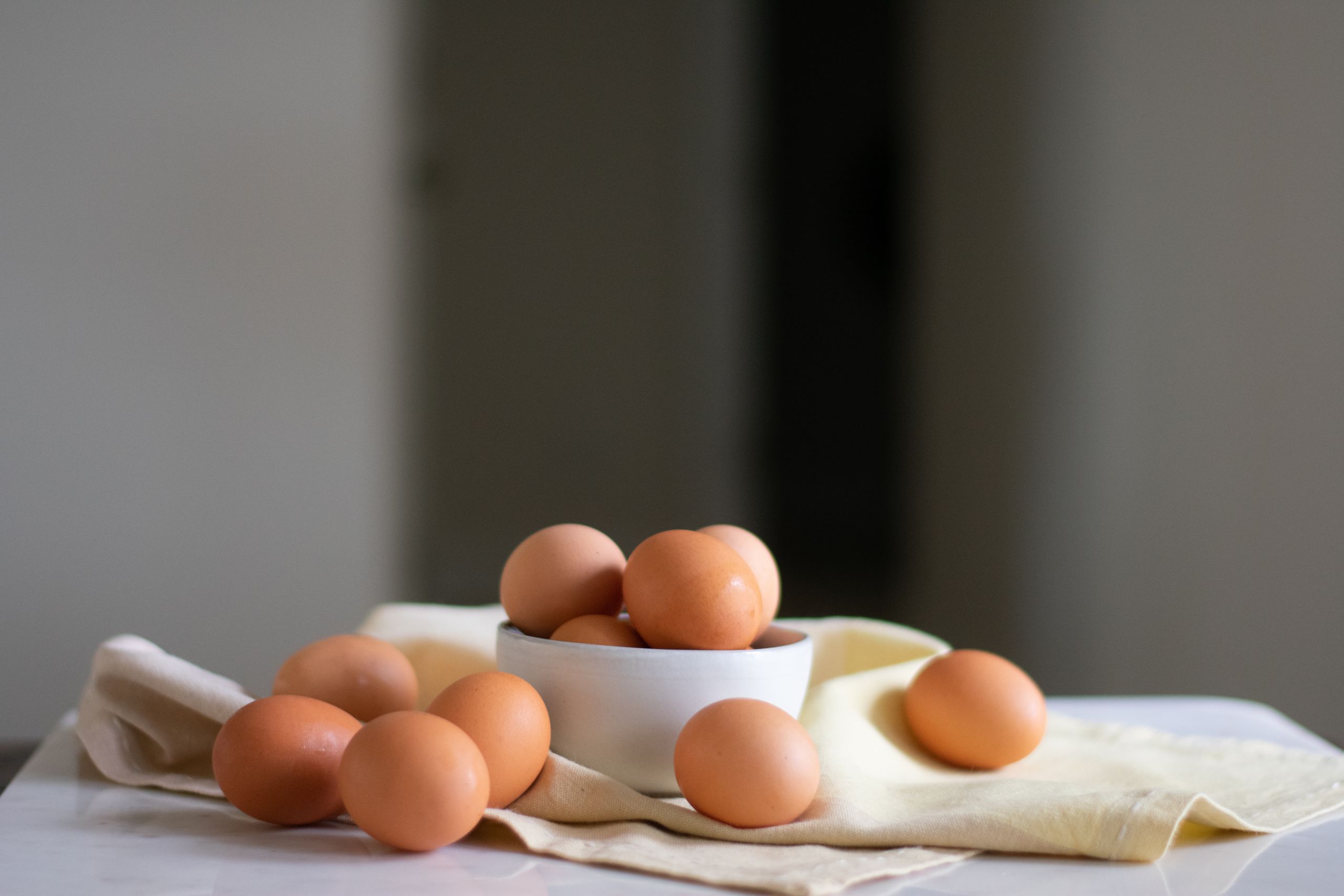
I struggled, like so many as a young teenager with eating disorders, which is likely where my interest in nutrition has stemmed from. It doesn’t seem clear where the line is drawn in all of this. At which point are you not being deliberate but being obsessive? How much should we actually concern ourselves with worrying about the processes our food has gone through? Alex tells me: “What we have to remember is our bodies are capable of taking in certain chemicals and that’s fine, it’s about balance. What you need to do is when you can give yourself a really whole-food plant-based diet, live a good lifestyle, don’t drink too much, sleep well, drink lots of water, make sure your systems of detoxification are working well – and then you’ll be in a position where your body will be able to handle some chemicals. It shouldn’t be thought about all the time."
Everything taken into account, if anything has been fundamentally proven about nutrition, you’d expect the first places we’d see any change to be in our hospitals, where we go to get medical help and treatment. Although things may have improved somewhat, it all comes down to money and time which the NHS is sorely lacking. It would be amazing if a fresh vegetable soup was conjured up for the children in paediatrics instead of something from a packet – but practically so many things have to fall into place before we’d see something like that, funding at the top of that list. If the population were healthier, there would be less patients and therefore doctors and nurses would be less overstretched – a reality we must remain hopeful for.
But with there being so much less capital interest in nutritional studies than the development and marketing of a new pill, how can we get people to invest in nutrition more? Alex reckons it would need to come from doctors. She added: “People trust their doctors so much and they get so little nutritional training - which I think needs to change. And the government needs to bring in naturopaths and nutritionists more to educate people on the benefits. And that’s one reason we set up the business, when you’re having one on one consultations with people - you’re limited and when you’re speaking in front of five hundred people you’re getting the message out on a greater scale."
Our doctors not receiving enough nutrition-based training I’ve realised is an opinion which has come up in all my interviews. The strenuous years of studying to become a doctor has a packed curriculum as it stands, it seems impossible to suggest they implement another module.
However, the BBC published 'We learn nothing about nutrition, claim medical students' in 2018 that stated the NHS were to spend more than £11bn on diabetes alone and social care costs, time off work etc, would almost double that bill that year. The lack of training in nutrition and preventative medicine combined with the populations unhealthy dietary choices is bankrupting the NHS.
With my head packed full of information from the China Study, the stories of both Denise Stevenson and Jue James and the advice of top medical professional nutritionist, Alexandra Neilan - I spoke to an NHS general practitioner on the topic. The GP has chosen to be quoted anonymously, so I will refer to them as Doc.
As a result of such a high demand on doctors and the NHS as a whole, Doc explained that the centre where they work has a telephone consultation process where the caller will be allowed five minutes to explain why they’re seeking help and only if the doctor believes it necessary, the patient can come in for a face to face consultation which can last up to a mere ten minutes.
Doc explained: “There definitely isn’t a massive amount of concentrated training on nutrition because in the NHS we have the benefit of being able to refer patients to a nutritionist/dietician which is much more specialised than a doctor to be giving nutritional advice. So, I suppose we have very basic training and it will be specific to the conditions we’re looking after such as diabetes, obesity and paediatrics.” They believe this is sufficient considering their access to specialised dieticians who can assist patients that need further advice when they know their knowledge is insufficient.
The NHS GP consults with people who have issues related to nutrition like obesity, diabetes and mood problems every day, although they may be seeing them for a comorbidity and won’t necessarily talk about nutrition as often. Doc puts this down to not having enough time to go through what their patients eat. She stressed: “There are too many time constraints, consultations are way too short.”
I’ve wondered when I go to my GP with an ache or pain why I am not referred to a nutritionist or dietician, if everything is so connected as I’m learning it is? Alex reckons people may think their doctor doesn't care if they don’t question the correlation of your pain to what you’re eating but it’s not that, “they just don’t know,” she told me. They receive an average of ten hours of nutritional training in six years of medical school, Alex claims.
“It always shocks my clients because they expect to lose weight or reduce their diabetes medication for example when they begin changing their diet, but they don’t realise how connected it is to inflammation and pain,” she added.
Underfunded and overworked, it's far from unfathomable how our NHS doctors can't find time to link pain or aches with diet. With only five minutes on the phone with her patients or ten minutes in person, Doc focusses on the pain, ache or other complaint that is raised and says lifestyle advice tends to go down the pecking order. They explained: “We tend to look at what the patient has come to us for, because that’s what they want us to do. If we had time, we could definitely screen and ask about their diet but it’s unfortunate, we just don’t.” It is only when Doc has consulted with a patient a few times and sees there might be a connection between the individuals health issues and their diet that they might be able to bring it up. “It simply cannot be prioritised”, Doc told me.

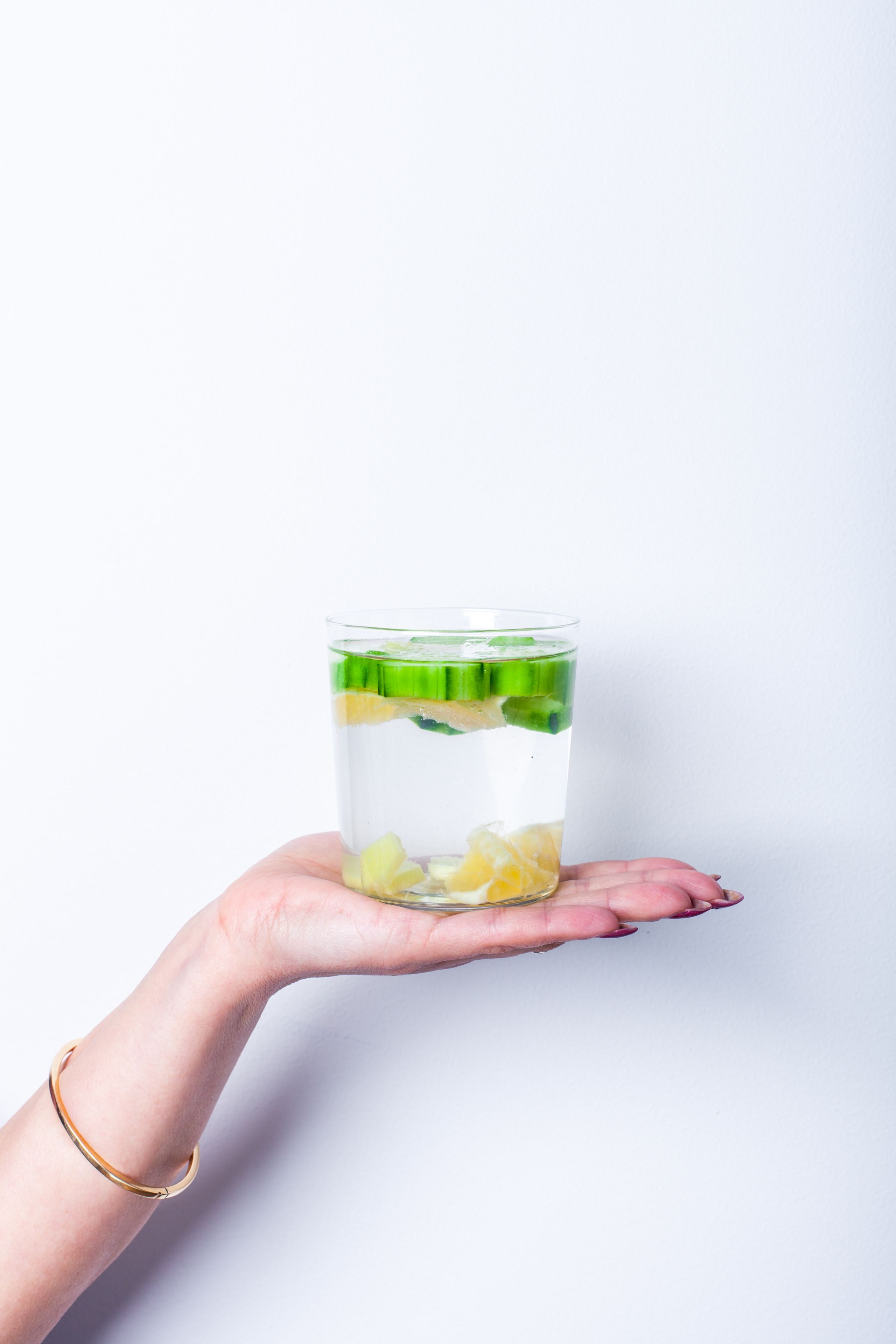
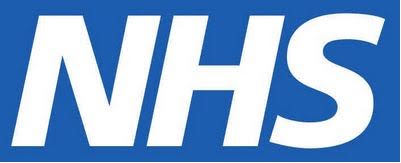
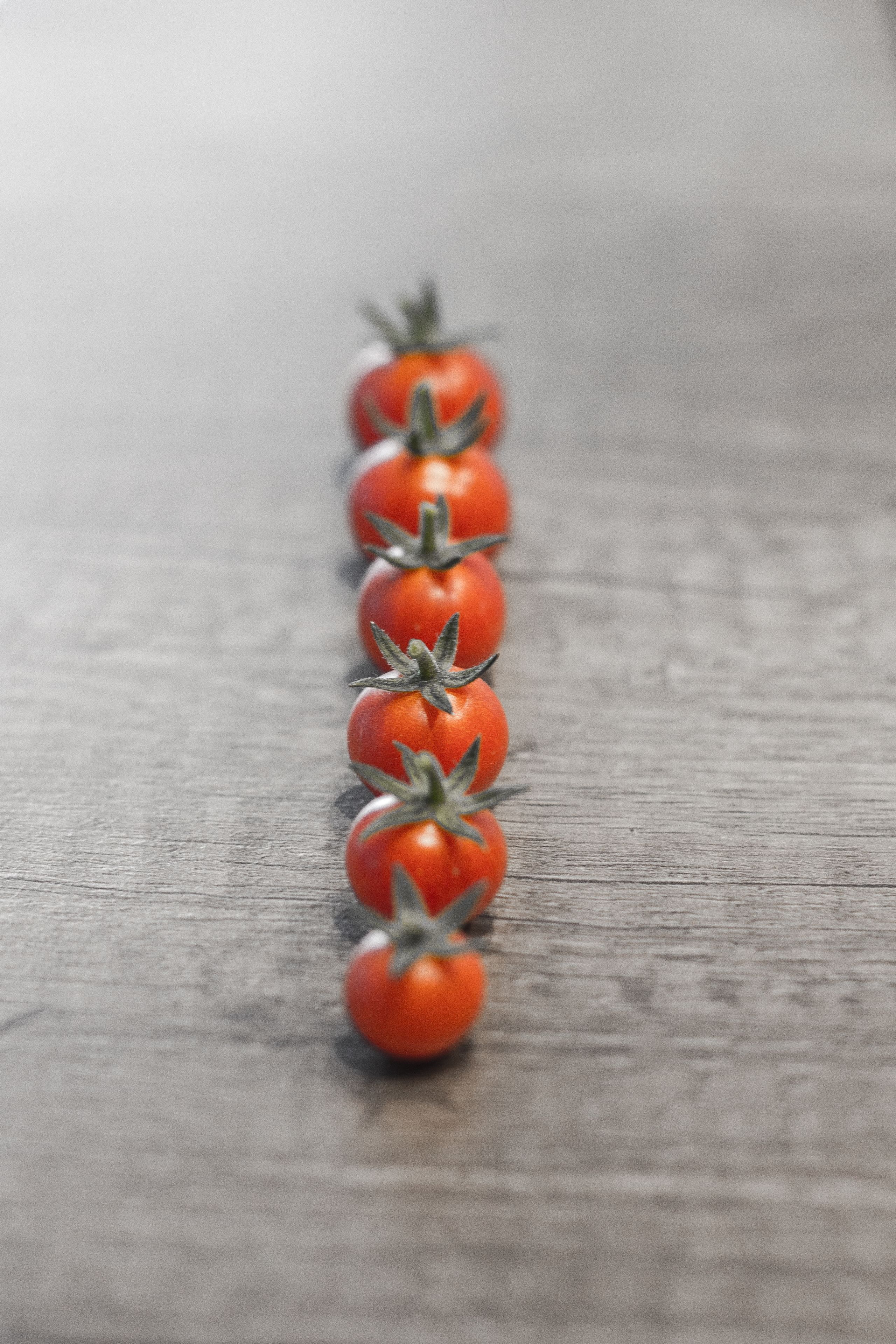
As I did at the beginning of my own journey, when listing processed foods, naming the obvious, things like ready-made meals, sweets and crisps, Doc did too and they're not wrong. However, they became rather surprised when I explained throughout my research, I’d learned that what I had always imagined were healthy foods (meat, fish and dairy), might not in fact be the splendour of nutritional goodness we’ve been educated in believing them to be.
Alex explains how what we are taught in regards to the benefit of consuming dairy products is the greatest nutritional myth: "Cows milk has the effect of making our body more acidic and the way our bodies buffer it is through using calcium – which it gets from our bones."
So, according to this, the consumption of dairy products is in fact, not good for your bones and creates a heightened risk of developing conditions like osteoporosis and arthritis. After explaining this to the NHS doctor, they responded:
“I’ve never heard that before.”
And as far as the China Study goes, they appeared to have heard of the findings of T. Colin Campbell from a gastroenterology talk they'd recently attended. The speakers had explained that the evidence to back up the findings of the study were not strong enough for doctors to be advising their patients that they lower their intake of animal products.
The GP stressed: “I don’t know what kind of study The China Study is based on, but for something to be recommended, it has to be really good evidence, it has to be an RCT (randomised controlled trial) and there must be some reason for gastroenterologists to not be recommending we eat these kinds of things. The talk I was at spoke about how there was some evidence but that it wasn’t strong enough for us to be recommending people to not eat meat. They said there might be – might be an increased risk of people getting colorectal cancer, but you have to be eating a lot of meat and the evidence is definitely not strong enough from their perspective for them to be recommending that people never eat meat.”
I mentioned some of the many benefits that have been found in people who have reduced their intake of animal protein, such as:
· No longer requiring medication or weaning yourself off of medication
· Reversing health conditions (example: heart disease - the biggest killer in the USA)
· Lowering blood pressure
· Increase in energy
· Improved bowel movement
· Clearer skin
· Reduction or elimination of joint pain or stiffness
· Improved digestion
· Regulating weight
The list goes on, however, in regard to the last point, NHS doctor explained: “So, for people to get the same amount of protein from meat verses plant-based, apparently you have to eat a lot more of them to get the same amount of protein. So, they say it might not even be the best option for people who are trying to control calories because you have to eat a lot more calories to get the same amount of protein from a plant-based diet verses from animal protein. It’s definitely something that needs to be researched more, for sure because it sounds really interesting. But I think the evidence for health care professionals is just not there - I definitely have not been told by anyone that I should be recommending people not to eat meat.”
This comment confused me slightly as from all of my research, I have found that the alternative sources of protein that plant-based dieters eat are vegetables, legumes and such which are nothing like as calorie dense as a portion of meat. In fact, it was raised to me by everyone I spoke to – that the plant-based diet is so much richer and fulfilling nutritionally that over time you consume less food because your body no longer craves or tells you to eat more than you need.
This takes me back to my conversation with Jue, who explained: “My body doesn’t need as much food now. When you’re eating a plant-based diet – because it’s so much more nutritious, you don’t seem to need as much. You’re not eating empty calories. Sometimes it looks like I’m not eating much but if you look at what I’m eating, it’s all nutritious. I always ask myself when I eat something whether it is actually doing me good. If it isn’t giving me anything good, I don’t need to eat it.”
Lets go back to to the findings of Campbell, where it's established that the highest incidences of disease were among those with the highest intake of animal-protein. In an experiment to deduce how protein might promote cancer, using the carcinogen aflatoxin, he found that low-protein diets inhibited the initiation of cancer, regardless of how much of this carcinogen was administered to the animals. Campbell explained: "After cancer initiation was completed, low-protein diets also dramatically blocked subsequent cancer growth. In other words, the cancer-producing effects of this highly carcinogenic chemical were rendered insignificant by a low-protein diet. In fact, dietary protein proved to be so powerful in its effect that we could turn on and turn off cancer growth simply by changing the level consumed."
The China Study goes on to explain how the next discovery was that not all proteins had this effect. In fact, that the protein that consistently and strongly promoted cancer was Casein, "which makes up 87% of cow's milk protein". And the proteins that did not promote cancer, even at high levels of intake were from plants, including wheat and soy.
The China Study: "As this picture came into view, it began to challenge and then to shatter some of the most cherished assumptions."
Doc pressed: “I think you have to be very careful saying that one thing is better than another, you have to be very sure that it's evidence-based and not just trending in the media. plant-based diets are massive in the media at the moment but from a healthcare perspective, the evidence is just not there for us to be recommending people to cut out meat completely”.
In hindsight, I realise that my conversation with Doc lead continuously back on to the topic of cutting out meat entirely. Meat is only one of many animal products and through not guiding Doc back to that point, we remained blocked on this idea of 'cutting out meat'. Cutting out animal products works for some and that’s great, but nutritionist Alex says she would not advocate it due to risks of deficiencies in vital nutrients and the importance of doing something as drastic as that properly. I saw a lot of interest from Doc as to my research on the health benefits of reducing animal protein consumption, even if that difference is small - it appears that any reduction is a step in the right direction.
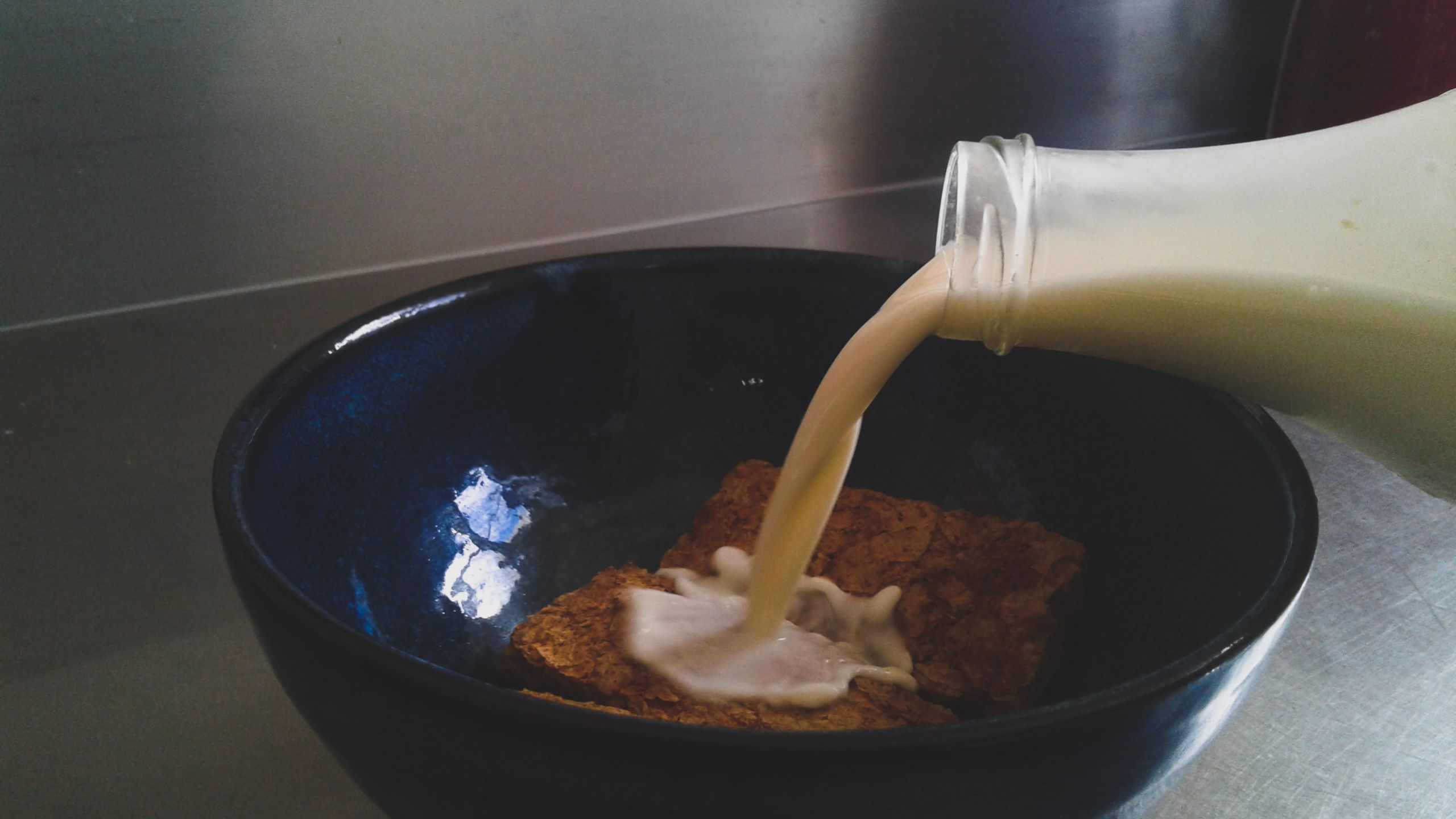
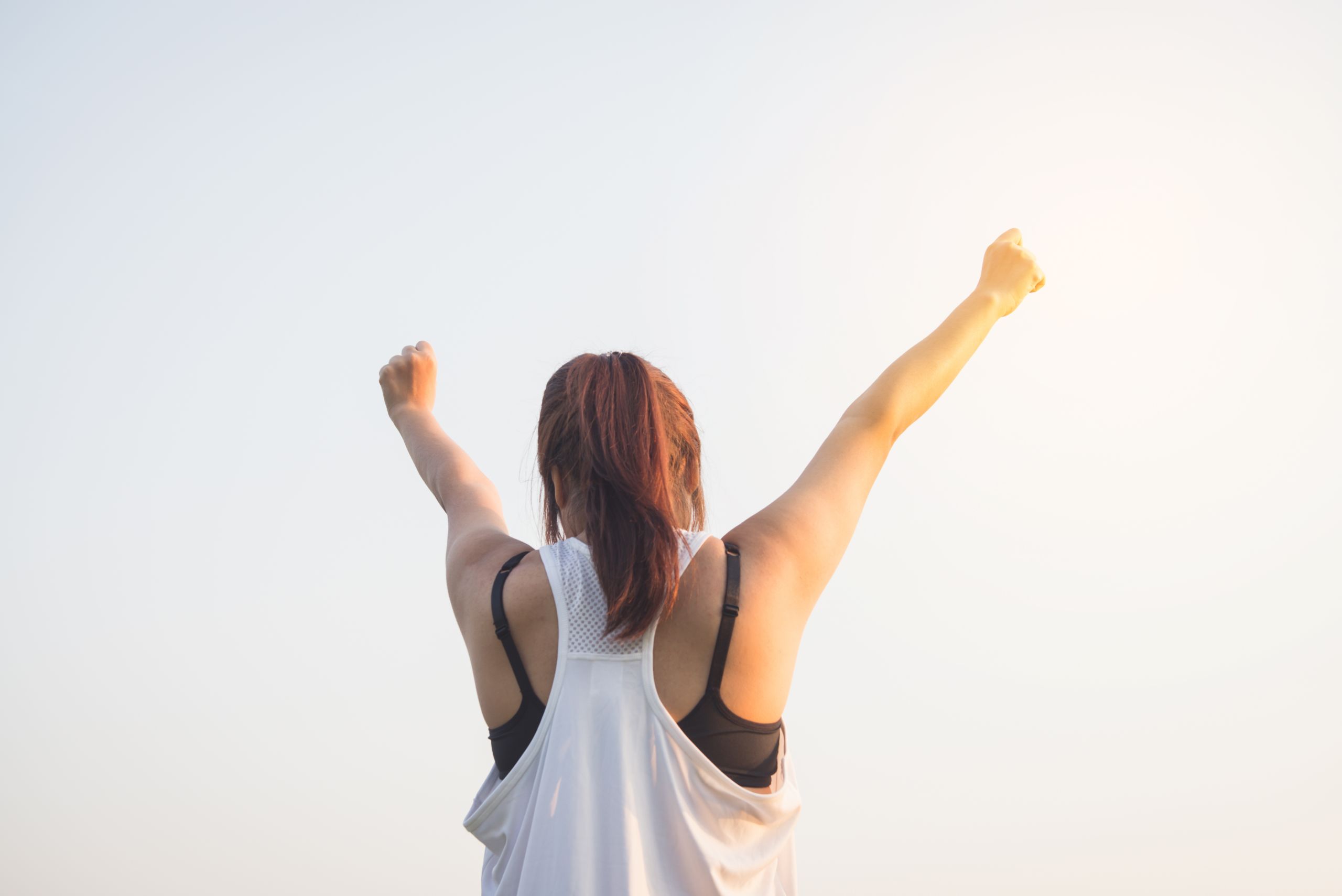
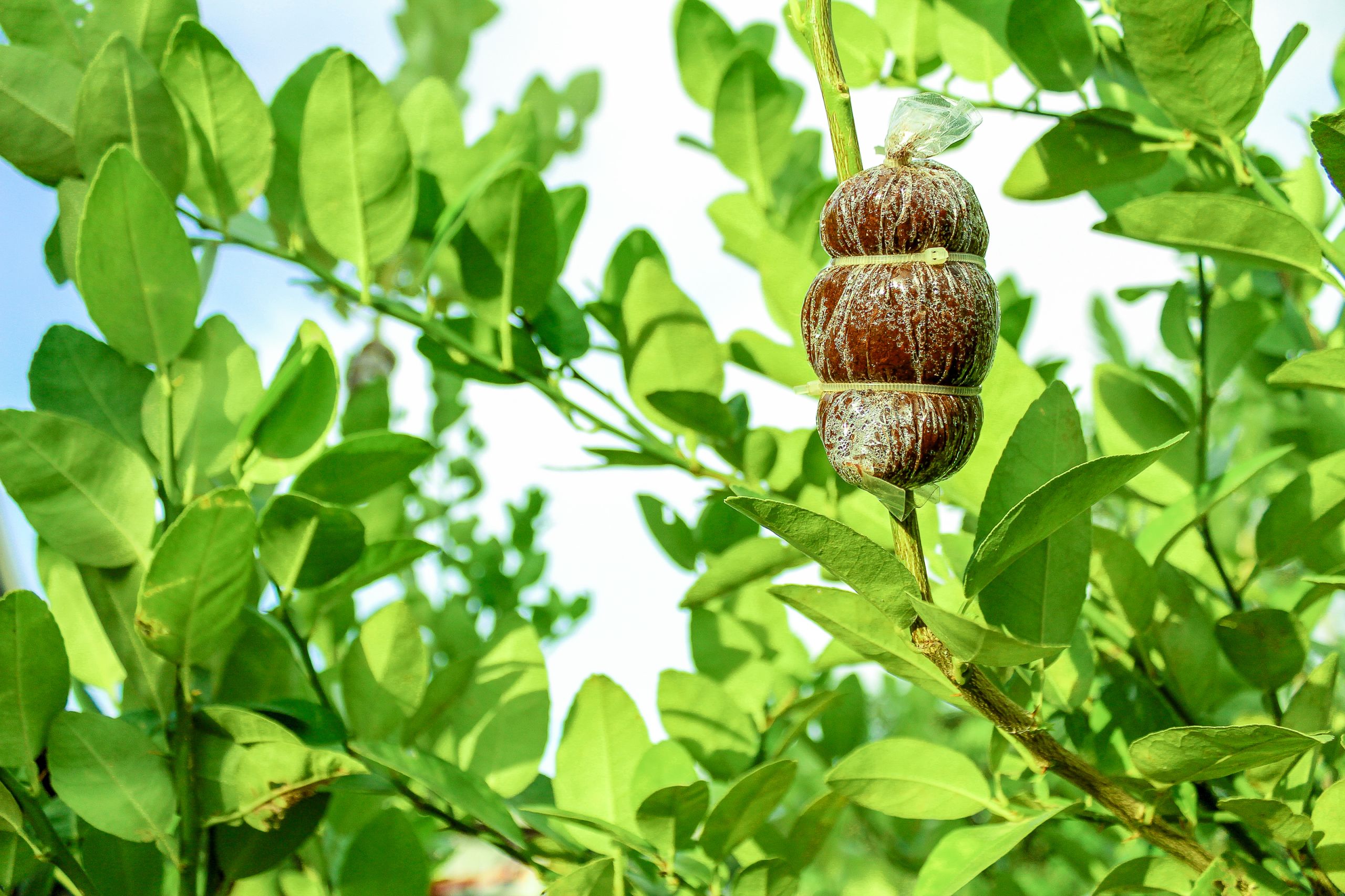
Doc concluded: “I think the current advice from most gastroenterologists - and I’m seeing it from the medical perspective as appose to the dietician’s perspective – is everything in moderation. That’s probably the most realistic expectation for a normal human being, rather than anything strict. Unless you’re one of those very lucky people who can keep something strict, it’s just very hard. And it’s expensive.”
As a family doctor, the GP explains that if there were to be any group targeted to help reduce the amount of processed food they consume, it would be busy mothers. Because of time pressures the convenient and cheap option of processed food over healthier food is very common.
They added: “They’d be the people I’d worry about not getting the proper nutritional requirements.
“Maybe I’m just seeing it from a different perspective. The China Study is just one study as opposed to the grand scheme of things."
Nutritionist Alex explained how when we eat foods that have been given antibiotics – most factory farmed animals – it affects our microbiomes (the good bacteria in the gut) which are vital to the digestive system and immune system.
“Crowding out the bad with the good” is a key phrase shared at Health is Wealth seminars, explaining that if people could eat around eight vegetables and fruits a day “which is very difficult for a lot of people,” and take any necessary supplements and exercise – then after that “do whatever you want”. Then the good will start to crowd out the bad, Alex explained.
My conversation with Doc so often went back to the issues of time and funding, the NHS doctor expressed hope that our health system would bring in more dieticians and nutritionists. “They’re the proper people who have the most expertise for recommending a diet. If we had more funding for all of that, it would be amazing.
"Because there’s definitely associations between diet and all forms of diseases – so it would be awesome if we could focus a bit more on that, rather than just prescribing but it’s difficult."
When revealing to Doc that nutritionist Alex had also explained that grains were not a wealth of health, they covered their face in shock.
The doctor responded: “I just think it makes life so hard for people if I am their doctor and saying a dietician has told me grains are bad for you – what evidence is there that grains are bad for you? I’m also saying that you cannot eat any processed food or any meat… what can they eat? It’s all a bit extreme to me to be totally honest with you – and not realistic. How am I supposed to tell a mum of – where I work at the moment a lot of people have nine or ten children and I’m telling them you can’t eat anything? What is she meant to feed her children?
“I think it all has to be taken with a bit of pinch of salt and a bit of realism. Everyone just wants to do the best for their families.
“I definitely think the media has put a lot of pressure on people and made them feel guilty about everything they're eating. It’s just very hard for people – what are they meant to be eating? Everyone knows you should be eating more fruit, more vegetables and if you can even incorporate that a bit more into your diet versus the other stuff that we all know is bad for us that would be amazing. But I think in the real world… If you’re telling me grains are bad for you now, that’s crazy! What are people meant to eat?"
I would like to tell you that all the information I have gathered, all the conversations I've had, all the research I've done, have had a massive impact on what I eat. And they have in some ways; but not in others, maybe just not yet. Doc is right. It is really hard to make the right choices.
It would seem as though following a W.F.P.B. diet would become really evident for someone to do if they'd been failed by the medical system - if they'd been on medication for years and they wanted a life without side-effects. Or if they decided they didn't want to take the risks that came with treatments of diseases.
Maybe if you saw it first hand, someone close to you, be failed by the medical system, you'd have the resolve to alter your vision of food and gather information on how to do your healing naturally.
Perhaps growing up in a community or family that lives and thinks alternatively to the typical western ways would lead you to this lifestyle organically.
Or it may be that you are tired of being bloated after your meals, feeling like you need an afternoon nap or worried about feeling your joints ache or your back crack - you decide that you've had to complain about this for too long and after a little research decide you're going to test your ability to self-discipline and wean yourself off the processed protein.
Whichever way someone does it, from the sounds of it, there are a lot of benefits.
From the early 1900s to the present day, the nations access to food has changed so drastically. From popping into your local corner shop and asking the shopkeeper for small portions of loose products to feed the family for a day or so - to the revolutionary self-service and canned goods.
Then food rationing that didn't end until near-nine years after World War II, still fresh in people's minds as the agricultural industry boomed and superstores opened - closely followed by American fast-food restaurants making their way to Britain. By 2010, the hospital admissions for obesity were ten times higher than a mere decade earlier. It really isn't surprising, looking at the order of things, that Britain's health is now so poor.
People are going to cherry pick, it is in our nature, different nutritionists are going to promote different theories and correlating evidence. It is the bio-individuality point of naturopath and nutritionist Alex that I wish I'd investigated sooner. Only, we don't all have the opportunity to explore what our bio-individuality is. What kind of world would it be, if we all had access to the nations' highest qualified nutritional experts?
Alexandra had explained how in places like Canada and Australia, they use and take advantage of the expertise of the alternative medical community for preventative healthcare much more than in the UK. I wonder how the health of our different nations compare because of it.
Amid the global pandemic of our lifetime, COVID-19, it would appear that people are making more conscious decisions in their eating and general lifestyle. We have more time on our hands, no-longer rushing from one place to another 'on the go', we cook because we cannot eat out and we concern ourselves with our mental and physical well-being - sometimes, just because it is just something to do.
But everyone comfort eats - just to a different extreme - and in different ways. If ever there were a time to seek comfort, globally, we're all in this together. Whether you are enjoying investing more time and energy in your love for healthy food or giving in to cravings for sweet and savoury treats more often.
So many things will change for us during and far after this health crisis but will we remember what we learnt - when the fast-food joints were closed, when we were rationing eggs and paracetamol? For the first time since World War II, restricted buying has been imposed by the government.

